Kliph Nesteroff: In the 1970s you did a show with Jerry Juhl, one of Jim Henson’s partners in The Muppets.
Peggy Webber: Yes, how did you find that out? They wanted to do Under Milk Wood. That was their favorite play and I had just produced it in Rustic Canyon. We had got all kinds of awards and attention for it. I was trying to start a little theater in Cambria, but it wasn’t the right bunch of people. Most of the people who lived in Cambria were not interested in theater. So it was just Jerry Juhl and his wife. They wanted to work with me and I was happy to work with them. They were nice and they were interesting. Jerry Juhl was learning how to bake bread. He was making pumpkin bread.
Kliph Nesteroff: Cambria is up north?
Peggy Webber: It’s near the Hearst Castle. About fifteen miles from there. Orson [Welles] used to go up there. He had a midget that worked for him. He and Joseph Cotten went and got him out of jail. Orson used him as his chauffeur and they’d drive up the coast.
Kliph Nesteroff: Wait, what do you mean he got him out of jail…
Peggy Webber: Shorty was his name. He was in jail forever and was not going to be let out.
Kliph Nesteroff: What did he do?
Peggy Webber: Murder or something.
Kliph Nesteroff: How did Orson Welles know him?
Peggy Webber: He didn’t. He just went to the head of the jail and said, “I would like someone to be my Man Friday. Can you recommend anybody?” They thought for a few minutes and they said, “Shorty.”
Kliph Nesteroff: (laughs) And they just let him out of jail?
Peggy Webber: Well, yeah. Orson had to pay a certain amount. He and Joseph Cotten chipped in.
Kliph Nesteroff: I didn’t know you could do that.
Peggy Webber: I didn’t either, but nothing was impossible with Orson. When he was shooting, you’d hear Orson in his magnificent voice yell, “Shorrrrr-ttttttteeeeee!” And he’d come rushing onto the set, “Yes, boss!" Yes, boss!” “Get me a glass of ice water.” “Yes, boss!” And he’d rush off and pretty soon he’d come with a tray and he’d have everything there for him. Shorty was wonderful. He used to call up my mother all the time. He’d call me, but then I got too busy doing shows and wasn’t available so he started calling my mother and he and she would carry on with all the gossip about everyone in Orson’s life.
Kliph Nesteroff: He must have been very grateful that he got him out of jail.
Peggy Webber: Well, he was. He loved him. He always knew when it was time for Orson to have his pills. Orson felt there were a lot of people who weren’t truly guilty, but ended up there. This fellow was no murderer, he was a big, sweet-hearted person and he was awfully good to Orson. They were always driving up to this resort midway between San Francisco and LA, right on the ocean, where it was very foggy. Orson would have Shorty drive the car and Orson would get out in the fog and direct him, “Come on, come on.” He said Orson trusted him to drive through that fog even though he could have driven right over his feet or whatever. He enjoyed that job. Shorty told me Orson was trying to impress Rita Hayworth at the time, but she wasn’t happy going up in that fog.
Kliph Nesteroff: You worked with Orson Welles and Alfred Hitchcock and many credible names, but you also did a lot of B-films and a great many westerns.
Peggy Webber: I worked with Jimmy Stewart and some other cowboys. I remember Mel Ferrer took me to meet Marlene Dietrich on set. There were two cowboys co-starring. Jimmy Stewart was one of them. What was the film? Destry Rides Again? Dietrich was drinking champagne and offered me a drink. I said, “Oh, I don’t drink.” She said to me, “Oh, I always take a drink before I go in front of the camera because it makes me sparkle.”
Kliph Nesteroff: Destry Rides Again is a classic.
Peggy Webber: Right. I don’t know what Mel was doing with it. I remember we were walking in a group with other famous players.
Kliph Nesteroff: Jimmy Stewart. Marlene Dietrich. Brian Donlevy…
Peggy Webber: Yes, all I remember is we all walked together. I don’t know why Mel knew Jimmy Stewart, but they seemed to know each other and they told me I could come to the studio any time I wanted to watch them make these films.
I did come back to watch Merle Oberon in something. She was amazing. I never particularly liked her work on screen, but seeing her in person she radiated. There was another actor who became quite famous for doing detective shows who was in that group…
Kliph Nesteroff: Dick Powell?
Peggy Webber: No, although I worked with Dick Powell. I did his series next to the bowling alley on Vine Street. What was the name of that show?
Kliph Nesteroff: Richard Diamond?
Peggy Webber: Yes, Richard Diamond. His wife was Joan Blondell at one point. I got to know her because her sister was a radio actress, Gloria Blondell. They looked like twins. Very much the same look and both were comediennes. I did a show - The Hostage - with Bob Denver and Gloria Blondell and Whit Bissell.
Kliph Nesteroff: You did the show Climax with Celeste Holm and Gerald Mohr.
Peggy Webber: I was supposed to be in it, but she had me fired. Celeste Holm said I was too short. So they starred me in the next show. They said, “We’re sorry to do this to you, Peggy, but she doesn’t like bending down to talk to you.” She was very tall (laughs). But I did another one right after that.
Kliph Nesteroff: With Gerald Mohr?
Peggy Webber: I worked with him constantly.
Kliph Nesteroff: How about Howard McNear.
Peggy Webber: Yes. I worked with him all the time. He was constantly in every show.
Kliph Nesteroff: He was in hundreds of radio shows. Gunsmoke. Suspense.
Peggy Webber: Yes, I worked all of those shows with him. He was good. A good, solid actor. You quickly learned who was solid and who was not.
Kliph Nesteroff: Peter Leeds.
Peggy Webber: Worked with him all the time. He was always joking with me. He’d holler my name across the street, “Why don’t you marry me!”
Kliph Nesteroff: Sheldon Leonard.
Peggy Webber: Yes, we worked together and I saw him at my daughter’s house because she married a man who was related to him. My brother-in-law was Mort Fine. He and his writing partner Dave Friedkin were in that circle of people. They wrote shows for him. One day as I was walking out of my daughter’s house, I ran right into Sheldon Leonard. He stopped me and he said, “Oh, Peggy, I wish we were working together again.” I liked him. He was a wonderful fellow, I thought.
Kliph Nesteroff: He produced I Spy, which you were in.
Peggy Webber: Right, he probably cast me in it.
Kliph Nesteroff: What about Broadway is My Beat.
Peggy Webber: Yes, I worked that a lot. Later it was written by my brother-in-law Mort Fine. Mort Fine and Dave Friedkin wrote the scripts for Broadway is my Beat. My doctor-husband and I had a beach house just below Malibu and the man who starred in Broadway is my Beat, Larry Thor, was one of my neighbors there. He was kind of dramatic looking, rounded face, blondish hair, maybe 5’10. An ordinary looking man, but he delivered very well. He played a reporter.
It was a very well written show, filled with subtle remarks that only people in New York would understand, with the names of all the spots. What I loved about radio - people were family oriented. They weren’t like movie people. Radio people were settled. All of them had five or six children and and we all had each other over for holidays.
Jeanette Nolan and John McIntire had a poker game that was going on all the time. Actors from New York who would act here once in a while would come and stay at their house. They had a house that looked like a ship. It was such fun. What do they call that area where there’s a lake?
Kliph Nesteroff: Silverlake?
Peggy Webber: Silverlake. It was Silverlake. And it was taken from the earthquake that hit Long Beach and they had pieces of ships with big beams and things and this house was built with leftover junk. It was such fun. Their bedroom was circular and the kitchen was all brick, so if you spilled anything it just went into the dirt.
You could clean the bricks, but if you spilled something it wouldn’t destroy anything. Jeanette was a great cook. She would cook everything and she was always having great parties. I miss her so much. There’s a picture of her there.
Kliph Nesteroff: You were in the Orson Welles version of Macbeth together.
Peggy Webber: Yes, she was in Macbeth before I was. Roddy McDowall’s sister was supposed to play Lady Macduff, but Orson didn’t like her work. So, I guess Jeanette said, “What about Peggy?” So he called me in to audition for him.
Kliph Nesteroff: Did you go to the premiere?
Peggy Webber: Yeah. Something happened though. I can’t remember what it was - a big storm or an earthquake or something. Whatever was scheduled in Hollywood didn’t happen and it opened somewhere else. I can’t recall. I know I had it marked and I wanted to go to it, but there was a reason we couldn’t.
Kliph Nesteroff: You were one of the busiest radio actors of the 1940s.
Peggy Webber: Yes, I couldn’t believe it. You’d kill yourself doing soap operas. I had four going at the same time. I had to get up at the crack of dawn. I didn’t have a car. You couldn’t buy a car [during the war]. I had to walk from my home to NBC and we went on the air at eight in the morning for New York and then I had to come back in the afternoon and do the afternoon show for the West Coast. And I had a soap opera I did for Carlton E. Morse, which I did twice a day. And then I had another one with Chandler… the movie star…
Kliph Nesteroff: Jeff Chandler?
Peggy Webber: Yes, he was the lead and I was playing opposite him. All those soap operas and then usually I had a Dragnet or This is Your FBI or some show like that that I had to do inbetween. I’d be running from one studio to the other, never eating. It was a very wearing thing.
Kliph Nesteroff: Did all of those shows pay the same?
Peggy Webber: No. If you had a sponsor, you got good money. If you didn’t, you got bupkis. The union saw to it that you got scale, probably $25 or something. But if you were on a sponsored show, you could get very good money. And I was up there.
Kliph Nesteroff: Which show paid the best?
Peggy Webber: Jerry Devine’s This Is Your FBI paid the best. It doesn’t sound like anything now, but he paid $110. But if you were only getting $25 for a soap opera, it was awfully good to get $110. Plus you were meeting the cream of the crop on his show, people who had won Academy Awards. And that’s really where I got to know Jack Webb, who was playing one of the FBI men. I was constantly on the radio with Dragnet.
Kliph Nesteroff: How about some of the radio composers of the era. Lud Gluskin? Wilbur Hatch?
Peggy Webber: Yeah, I worked shows with them. It’s funny. When you were working with musicians like that, often they were in another studio on the other side of the glass. At one point on Dragnet, they put us together, but they didn’t introduce us to each other. They just sat down and started playing. Jack would talk to the conductor and tell him how he wanted it. Some of the musicians would be friendly. A few violinists would come over and talk.
Kliph Nesteroff: It was a hard job in radio. Sometimes you hear old episodes of Suspense and you can tell they’re running out of time because they’re playing the theme song super fast and other times you can tell they’re stretching because they’re playing the theme super slow.
Peggy Webber: That’s right, yeah, you catch on to that. They were very helpful in stretching.
Kliph Nesteroff: You did an episode of The Whistler with Ed Begley Sr.
Peggy Webber: He invited me to go to an Academy Award ceremony with him and I turned him down. I shouldn’t have turned him down. I worked with him on many shows. He was a good friend of Jerry Devine’s so when I worked with him it was usually on a Jerry Devine show.
Kliph Nesteroff: I think the best thing about The Whistler was the music. It had great atmosphere, but poor stories.
Peggy Webber: Joseph Kearns was on that show. The director was not good on that show. I did not like his work and he knew it. I can’t remember his name, but everyone who worked in radio worked on that show. And I worked it a few times, but I never got along with that man because I never agreed with him. KNX.
Kliph Nesteroff: How about Herb Vigran.
Peggy Webber: Yes, I worked with him a lot. We did a stage play together in Arizona.
Kliph Nesteroff: Let George Do It with Bob Bailey and Olan Soule.
Peggy Webber: It rings such a bell. It was something like a soap opera, but I don’t know. I know I worked it and did more than one show. I remember Let George Do It was one of my regular shows, but I can’t remember anything about it.
Kliph Nesteroff: You did some shows for NBC Red and NBC Blue.
Peggy Webber: NBC Blue later became ABC. And all the shows that had been on the Mutual Broadcasting System switched over to ABC. I was doing Howard Duff’s show, Sam Spade. And I did the first Sam Spade in a corner building at Highland and Sunset. It now has a drive-in restaurant there. We had a two-story building and had the whole upstairs and we did the first Sam Spade up there. I remember the daughter of Lorene Tuttle coming in after school in her uniform. I worked for Bill Spear and I worked for Elliott Lewis there. Elliott Lewis was someone I worked for a great deal.
Kliph Nesteroff: You knew Claudette Colbert.
Peggy Webber: Oh, she was lovely and I knew her doctor-husband. I went to see him about getting my nose straightened. He said, “My wife has the same problem. I told her not to touch it and to just make sure the camera always gets her from the right angle.”
Kliph Nesteroff: I listened to an episode of Favorite Story starring William Conrad, directed by Alfred Hitchcock. It was Dr. Jekyll and Mr. Hyde - introduced by Ronald Colman.
Peggy Webber: Oh, really? What year was it?
Kliph Nesteroff: 1948 or 1949.
Peggy Webber: I did the very first radio show Bill Conrad ever did and it was also Favorite Story. [Produced by] Bob Lee and Jerry Lawrence. So it must have been right around that same time.
Kliph Nesteroff: I didn’t even know Alfred Hitchcock directed radio.
Peggy Webber: I think Bill [Conrad] must have got him [Hitchcock] interested in radio. When he worked with me, he was still in his army outfit. He hadn’t disconnected totally from the service. I have a feeling he got a job and told Hitchcock and Hitchcock said, “Oh, I’d like to try and do that.”
Kliph Nesteroff: It was fantastic. Conrad played both parts, of course, a different voice for each part.
Peggy Webber: I did a lot of the Favorite Story shows. The one I did with him [William Conrad] was Jane Eyre. I sometimes thought that program was too commercial. I did one in particular where Claudette Colbert couldn’t make it to the rehearsal. The French actor, Charles Boyer, was in it with her. So I did the ten days of rehearsal with him and then she came in on the day of the show and did the part. It was for Lux.
Kliph Nesteroff: The Lux Radio Playhouse was hosted by Cecil B. DeMille. You knew his brother William DeMille because he was running the theater department at USC. Did you know Cecil B. DeMille?
Peggy Webber: No. I met him once. I did the Lux show and he was hosting, but it wasn’t a memorable thing. You know, I met so many people. I was so fortunate. At that time everybody was moving from New York and Chicago to do radio here.
Kliph Nesteroff: Many of these people were the builders of Hollywood. The DeMilles and…
Peggy Webber: Yes. Yeah. They were being swamped here by everyone from New York and Chicago. They were taking over radio.
Kliph Nesteroff: There’s a Cecil B. DeMille plaque down the hill at Franklin and Grace. He built a building down there, the El Cabrillo.
Peggy Webber: Huh. Well, that movie I did, the Screaming Skull, was shot in Huntington Hartford’s early home down on Franklin.
Kliph Nesteroff: Yeah, by the Wattles Mansion where that big community garden is.
Peggy Webber: Yeah.
Kliph Nesteroff: You did a couple of those creature features. The Space Children?
Peggy Webber: I didn’t like anything of those. I didn’t like many of the things I did. I liked “The Big Mother,” which I did for Jack [Webb].
Kliph Nesteroff: My favorite is Dragnet. All of it.
Peggy Webber: Well, I loved Jack and I loved his thinking. I think because we were coming out of the war, we didn’t want any of the braggadocious kind of acting: “Listen to ME!” That kind of thing. He said, “I’ll never hire that Bill Conrad!” First thing he did after I went to Japan in 1952 - he hired him!
Kliph Nesteroff: There was a different style of acting before the war and after the war.
Peggy Webber: Yes. Yes, right. The “Method” acting with Marlon Brando. His sister was my neighbor in Rustic Canyon and I used to see him wandering around in the backyard. And then I went to work with John Dehner and Lou Krugman, who I worked with a great deal in radio. They had been working with Michael Chekhov. They came over to me and said, “Peggy, we think you ought to be working with Michael Chekhov. We think you’d like him.” I said, “Chekhov?” They said, “Yes, he’s the nephew of the great author.” They said, “We know you like to work Method.” I said, “No, it’s my method.” They said, “You’ll like working with Chekhov, it’ll reaffirm everything.” And it did.
Kliph Nesteroff: You said William Conrad was still wearing his army uniform when you were doing radio broadcasts together. How common was that? Were most of the men in the studio in army garb?
Peggy Webber: Only when we went to work for the Armed Forces Radio. Most of the actors that we knew were in the service. And some of them took jobs working behind the scenes. It wasn’t very often that you saw someone do a commercial show in uniform. But I did about a hundred of those Armed Forces Radio shows.
When I moved to Japan in 1952 [with her husband who was a researcher for the Atomic Bomb Casualty Commission], I was home alone and I thought, “Gee, I wish I could hear radio like I knew back home.” And I tuned in and found the Armed Forces Radio station. And they played all our American shows in Japan.
Kliph Nesteroff: Where did you record the Armed Forces Radio shows?
Peggy Webber: Santa Monica Boulevard. There was a stretch of all these studios around there. Radio Recorders was one and then there were two or three others. Sometimes I’d do a show, like Lux, and then you’d wait an hour or so, and then go over to Radio Recorders and ask, “Can you get me a copy of that?”
Kliph Nesteroff: They’d make a transcription disc?
Peggy Webber: Those big sixteen-inch things.
Kliph Nesteroff: Armed Forces Radio allowed more maturity than commercial network shows. Armed Forces Radio did things about civil rights. Black actors were required to do dialect stereotypes on NBC and CBS, but on Armed Forces Radio they were allowed to use their normal speaking voice.
Peggy Webber: Yes. I worked with some of the Black stars of that era. I worked with a lot of Black actors in radio.
Kliph Nesteroff: Canada Lee?
Peggy Webber: I didn’t work with him.
Kliph Nesteroff: Orson Welles used him…
Peggy Webber: Yes, he did. He did. Who were some of the other major Black actors in the 1940s and 50s?
Kliph Nesteroff: Lillian Randolph.
Peggy Webber: Yes, I worked with her a lot in radio. I tried to do a show on KFI with an all-Black cast. I called USC and spoke to the drama teacher that I knew from being in school there. Her recommendation was that I present the No ‘Count Boy. I said, “Gee, I don’t know if that sounds very diplomatic.” She said, “Oh no, it’s highly regarded.” Paul Green was the name of the playwright. He was a very famous playwright and he usually wrote about Black people. So I went ahead and adapted the script and took out whatever I thought might be offensive. The Black actors came and after they read the script - I knew I’d never see them again. It humiliated them to be [called] the No ‘Count Boy. They didn’t like that theme even though they understood it was white people looking at themselves and criticizing their own attitudes. I set up the rehearsal for a five-day period. I waited and none of them ever came. Nobody phoned. I didn’t have any show.
Kliph Nesteroff: What was the premise?
Peggy Webber: Well, I can’t remember exactly, but it concerned white people looking at themselves critically. But they didn’t like the title the No ‘Count Boy and they did not want to be in a play called the No ‘Count Boy. There were five or six Black actors involved. All-male. It was an all-male play. That was 1949. It was a time when it seemed people were becoming more enlightened.
Kliph Nesteroff: Post-war, after Hitler, people were looking at bigotry a different way.
Peggy Webber: I was a young girl when Hitler began, about eight years old, and I saw all of this in the newsreels. I thought, “This has got to stop. We have to do something. This can’t go on.” And I grew up with this feeling that we’ve got to make the world a better place. We’ve got to. And now I’m hearing the same things on the radio. I’m hearing young people say, “We can’t put up with this.”

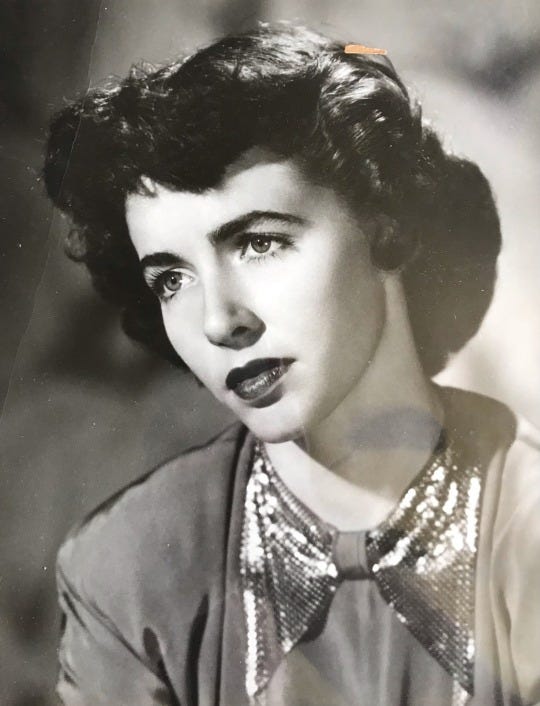

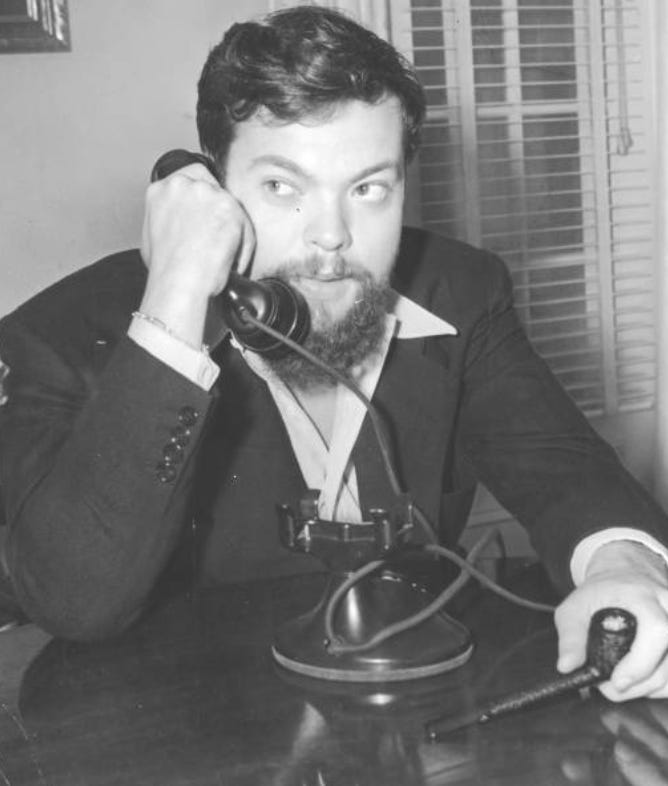
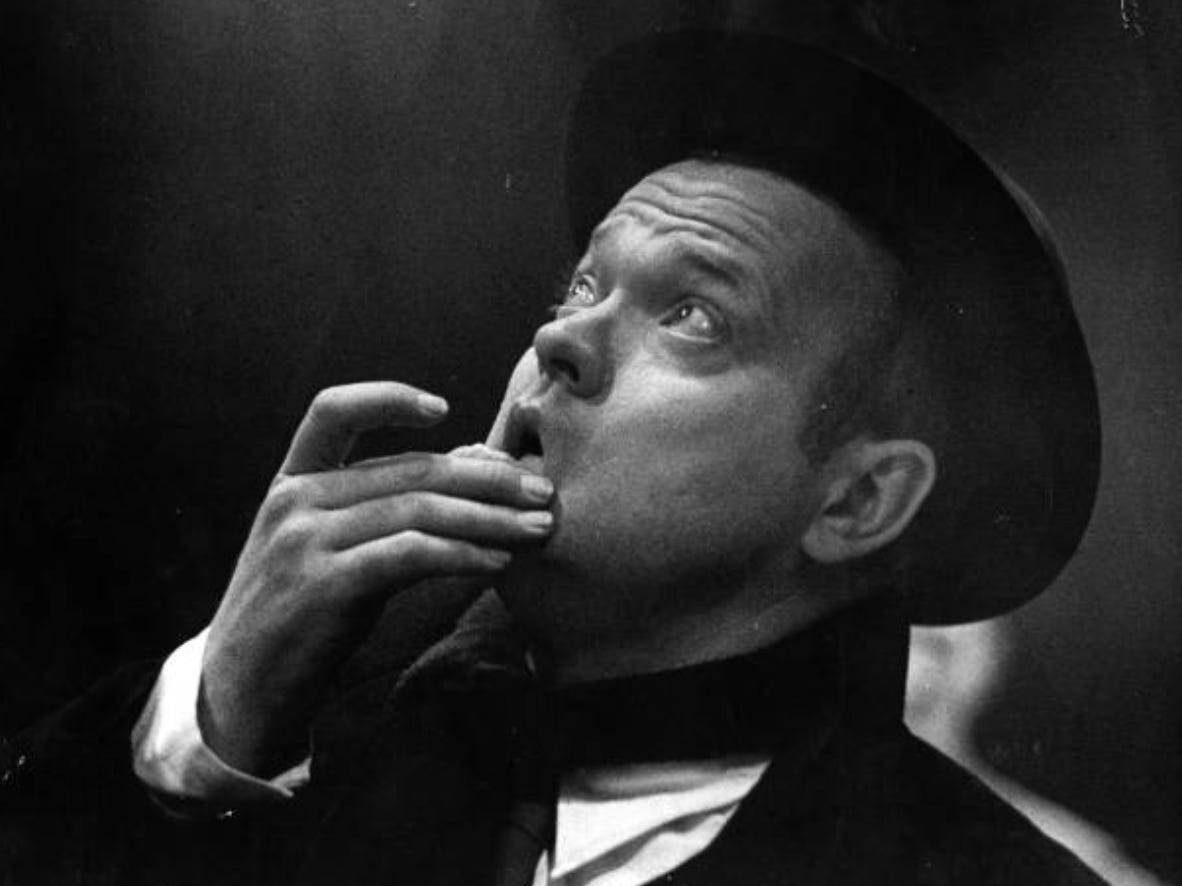
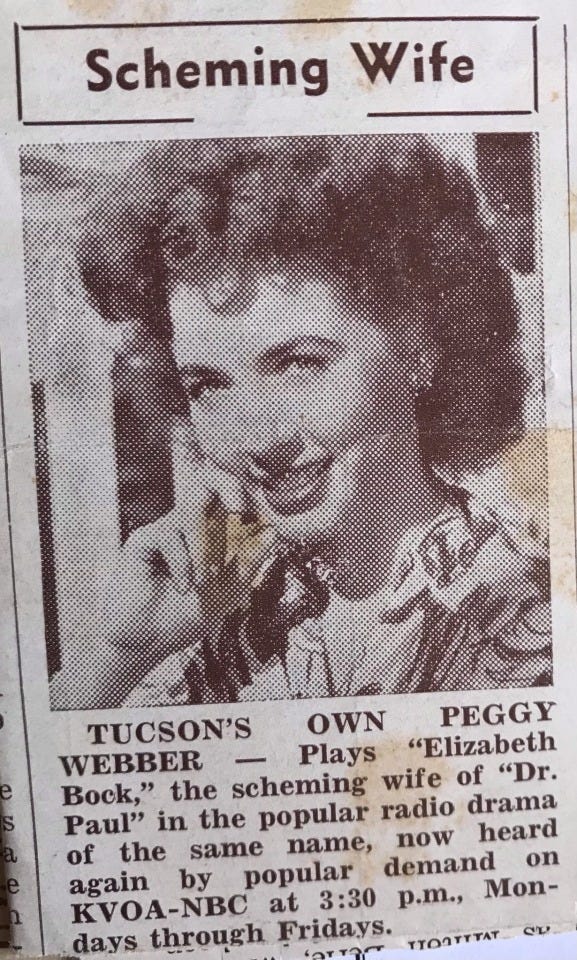
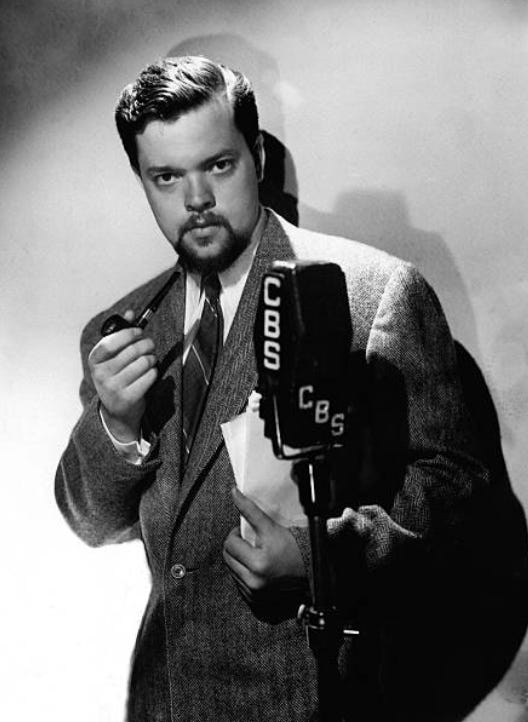
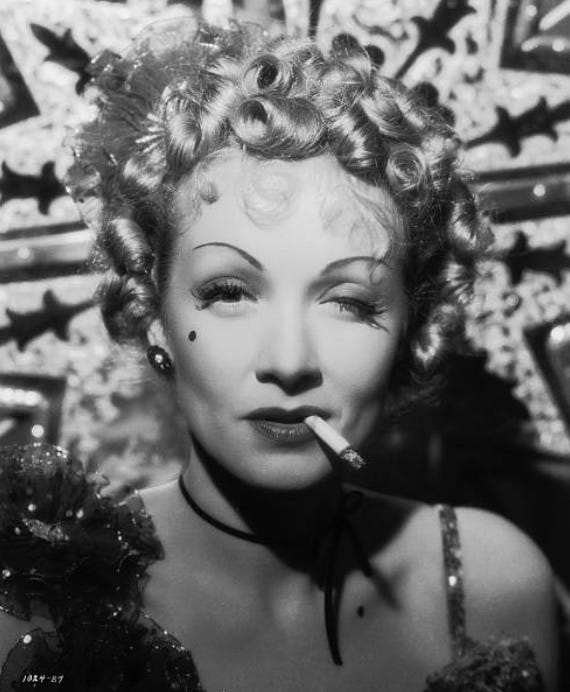
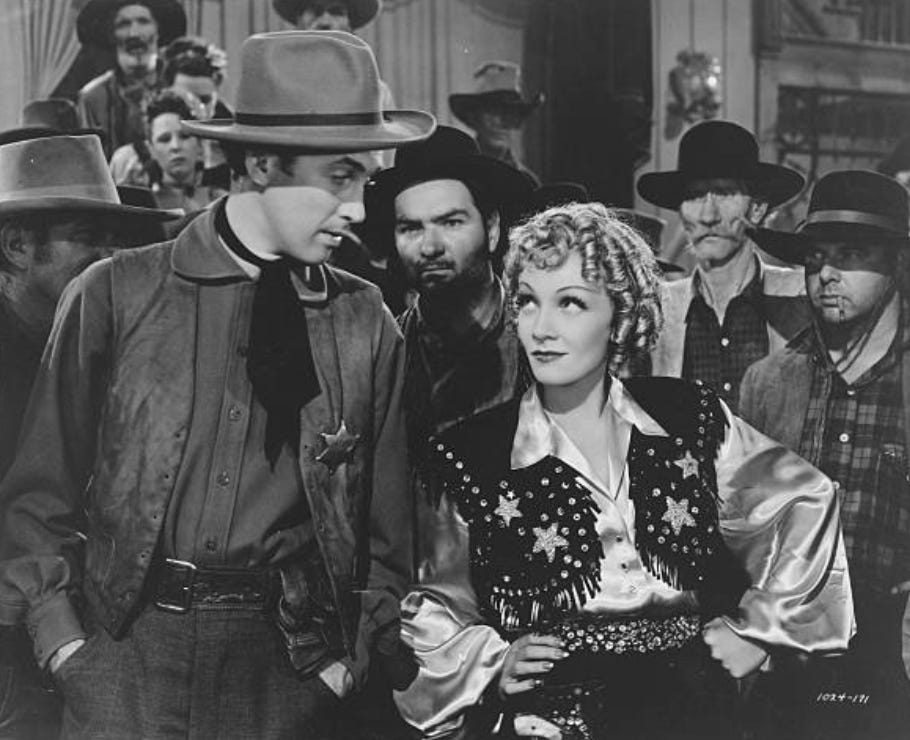
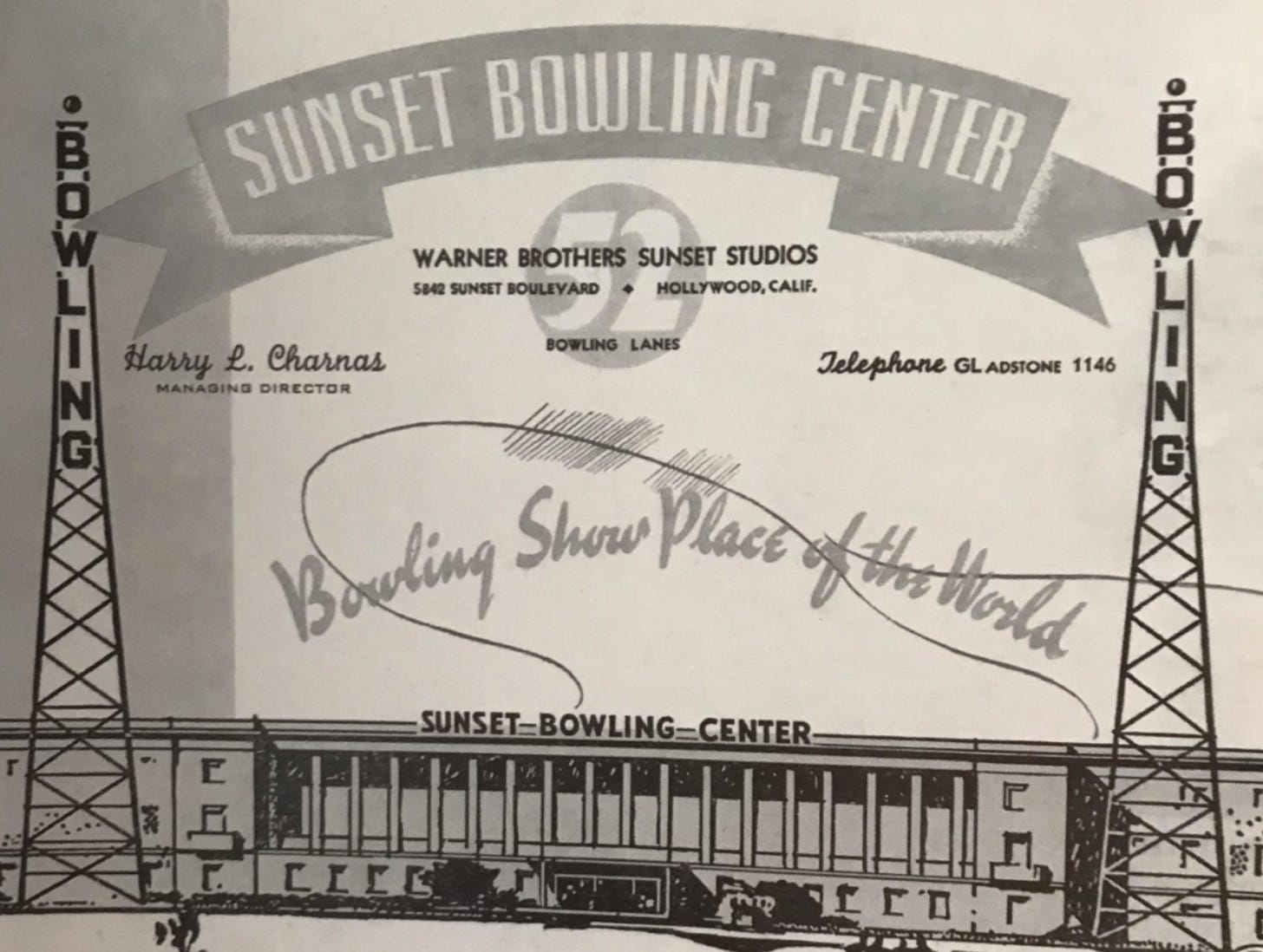
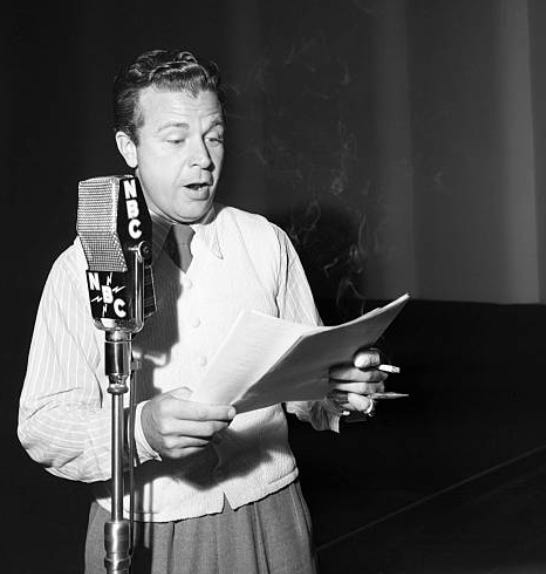
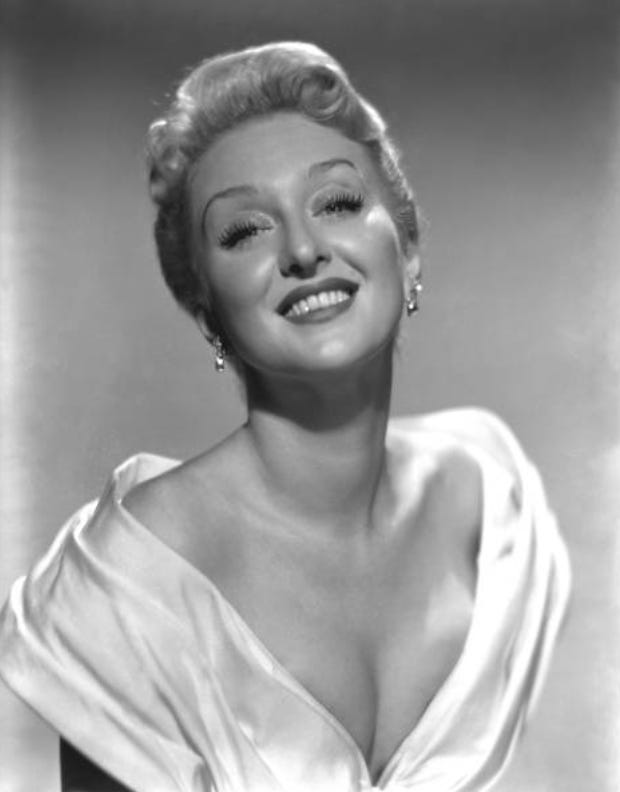
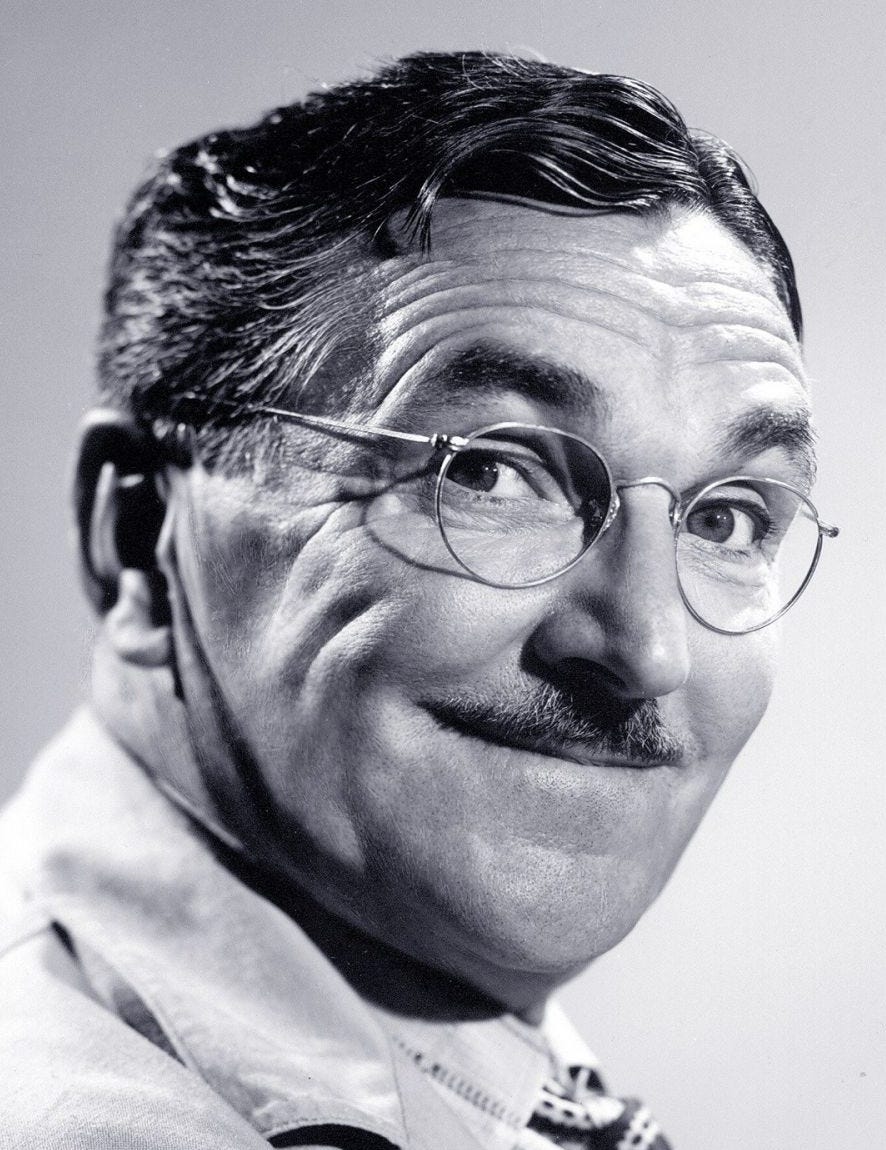
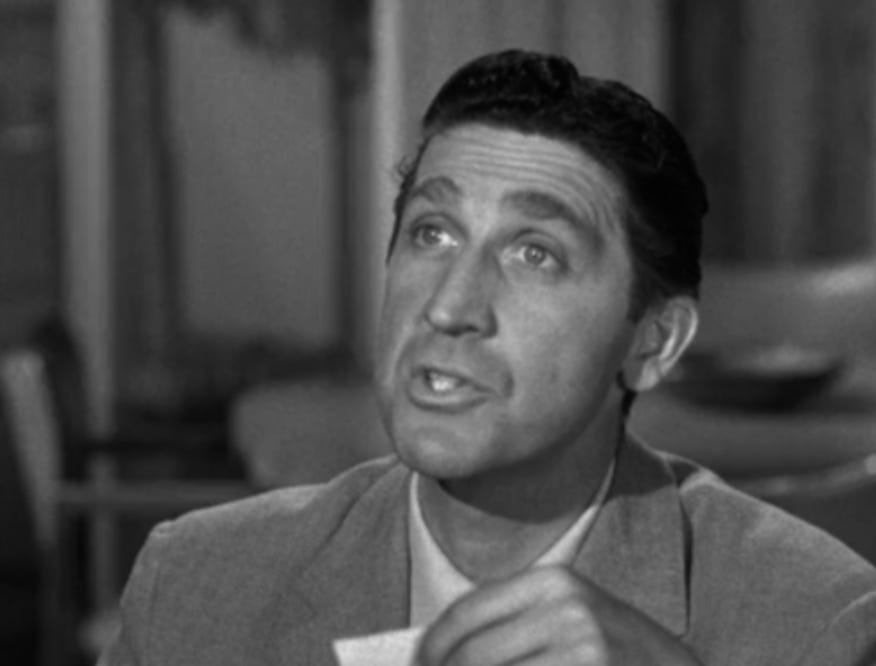
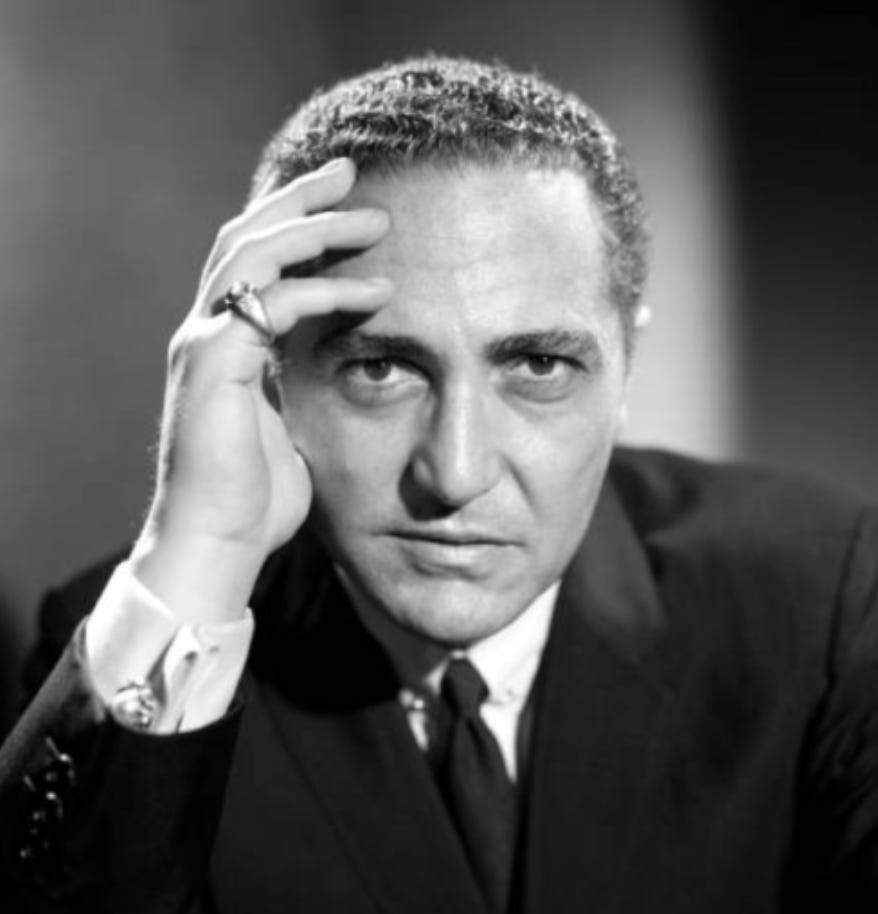
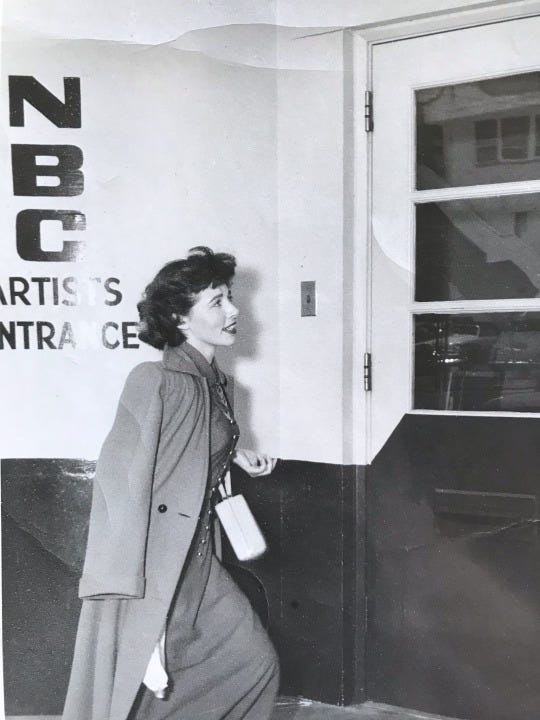
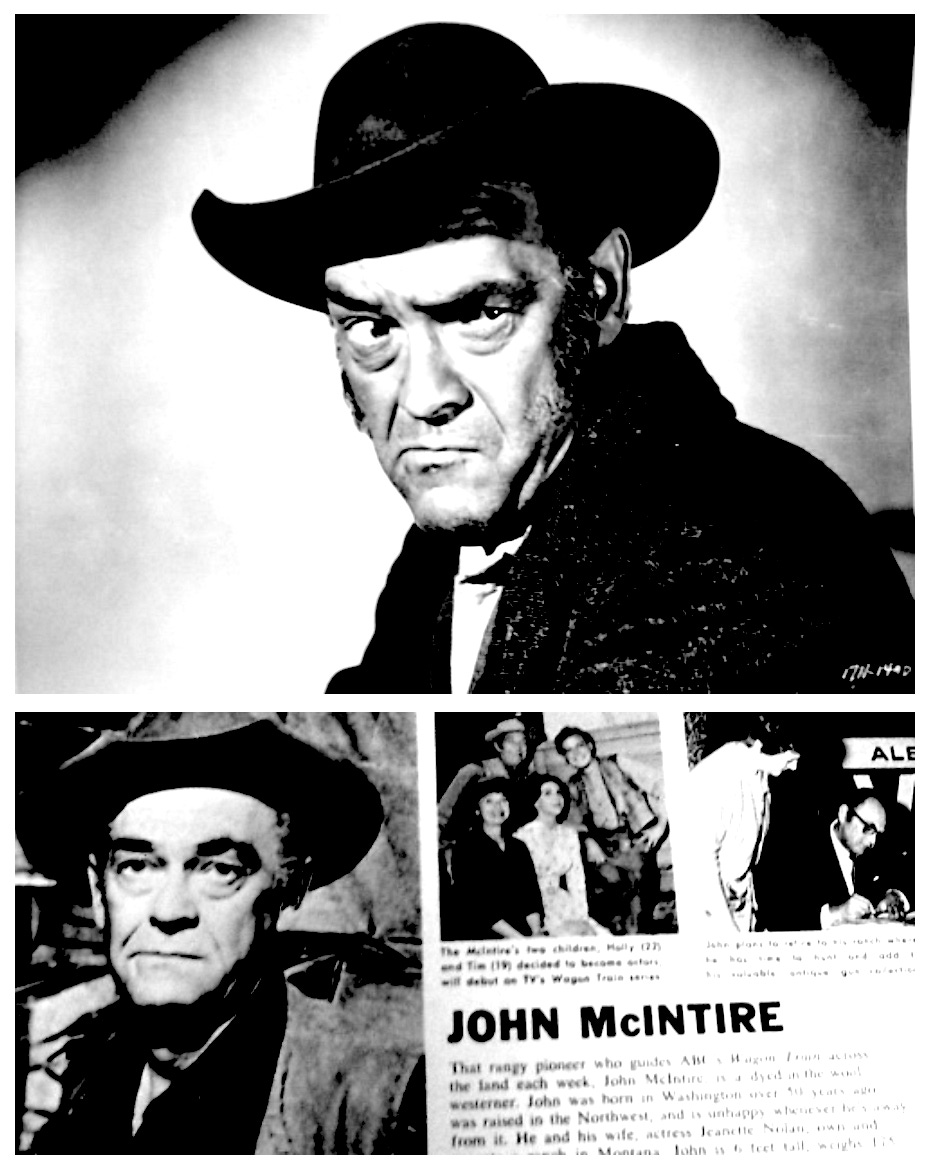
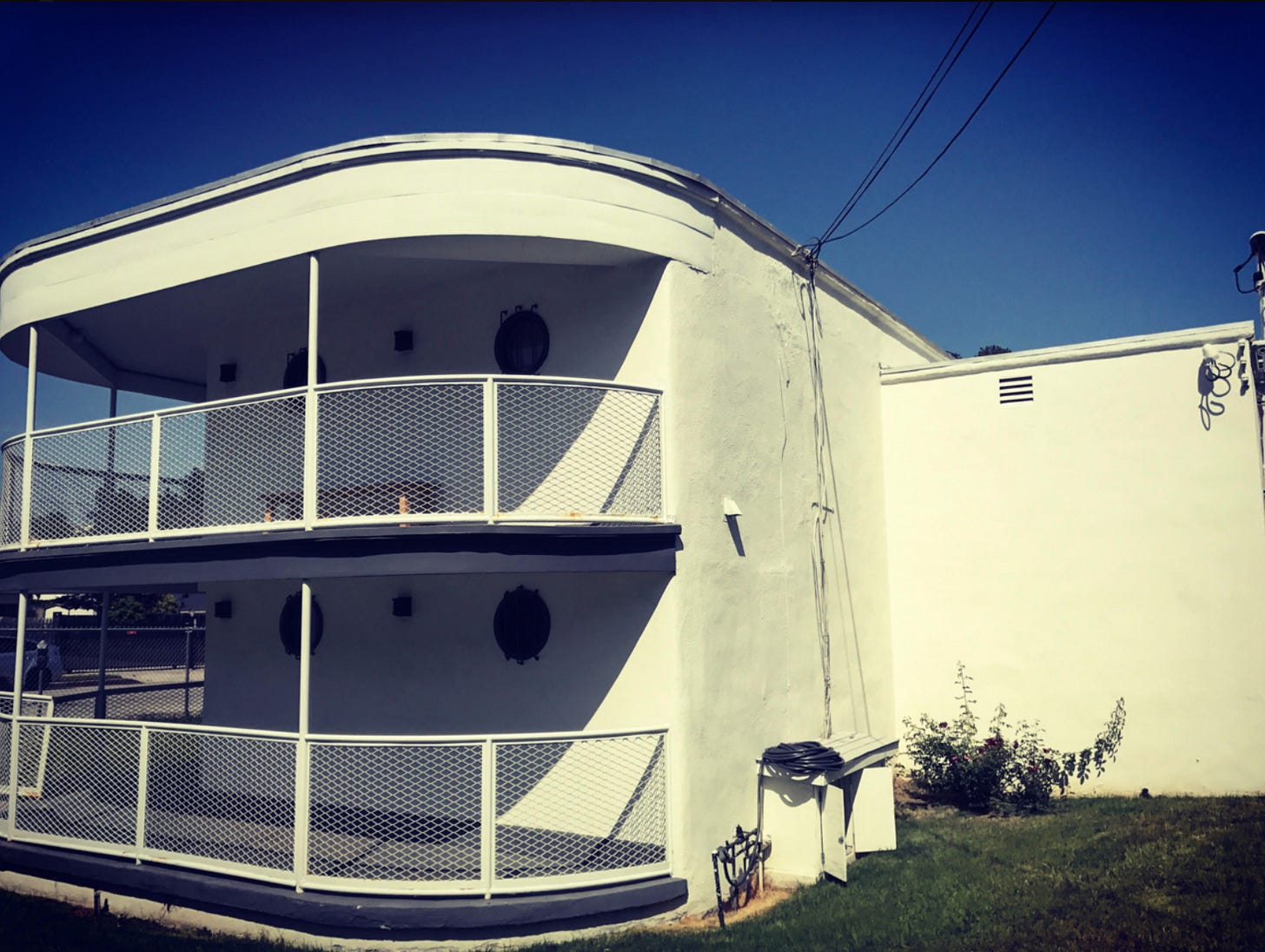
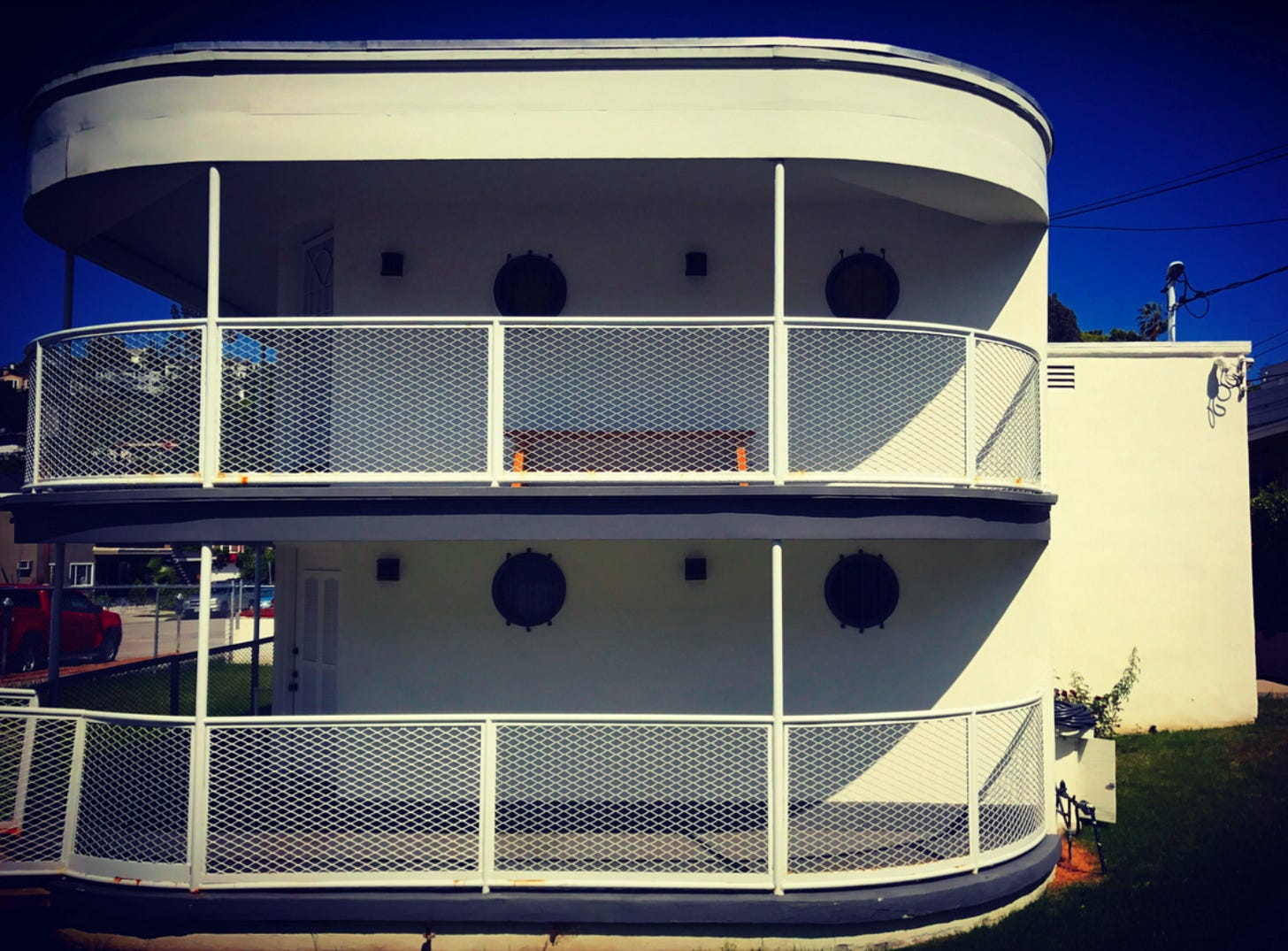
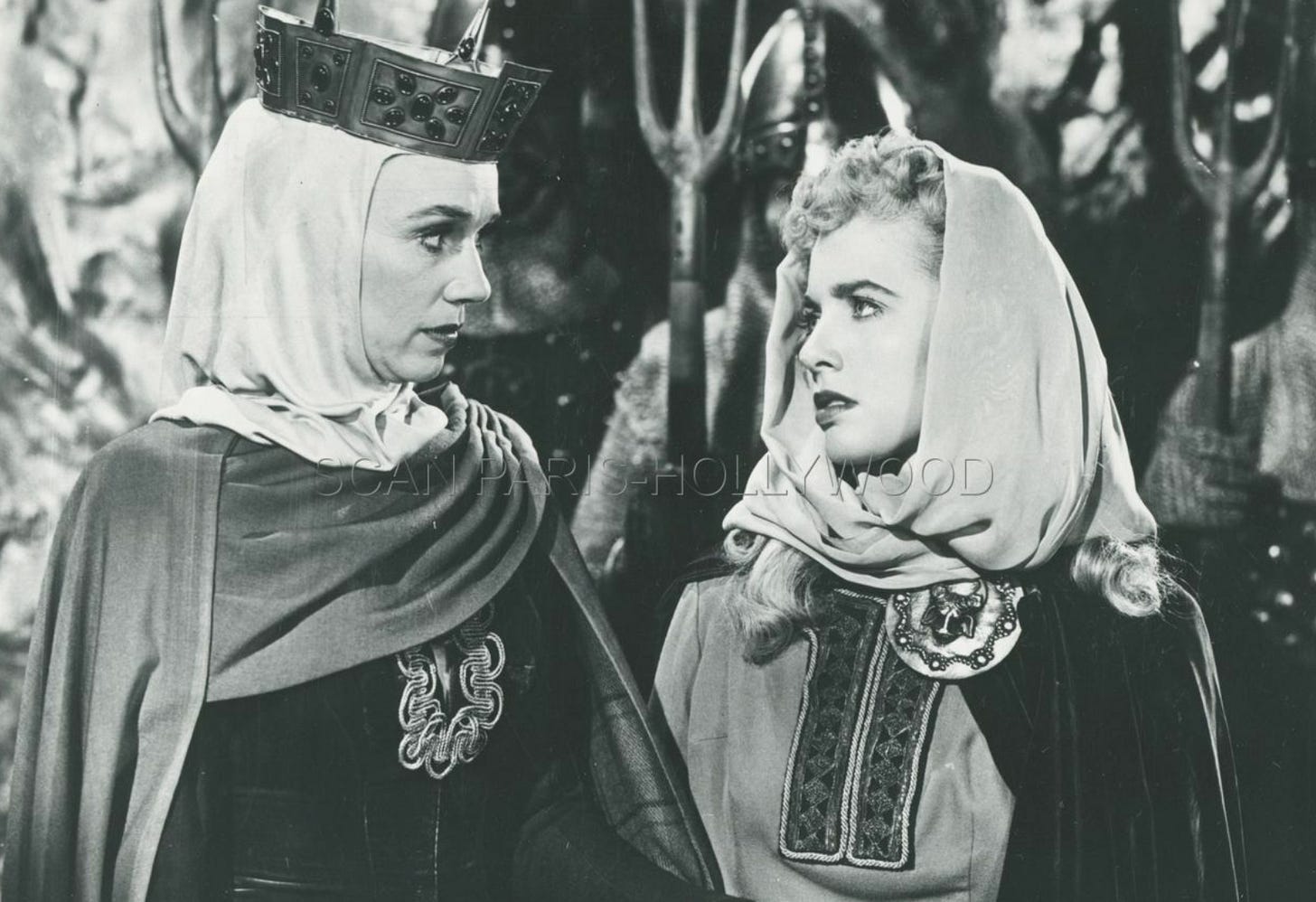
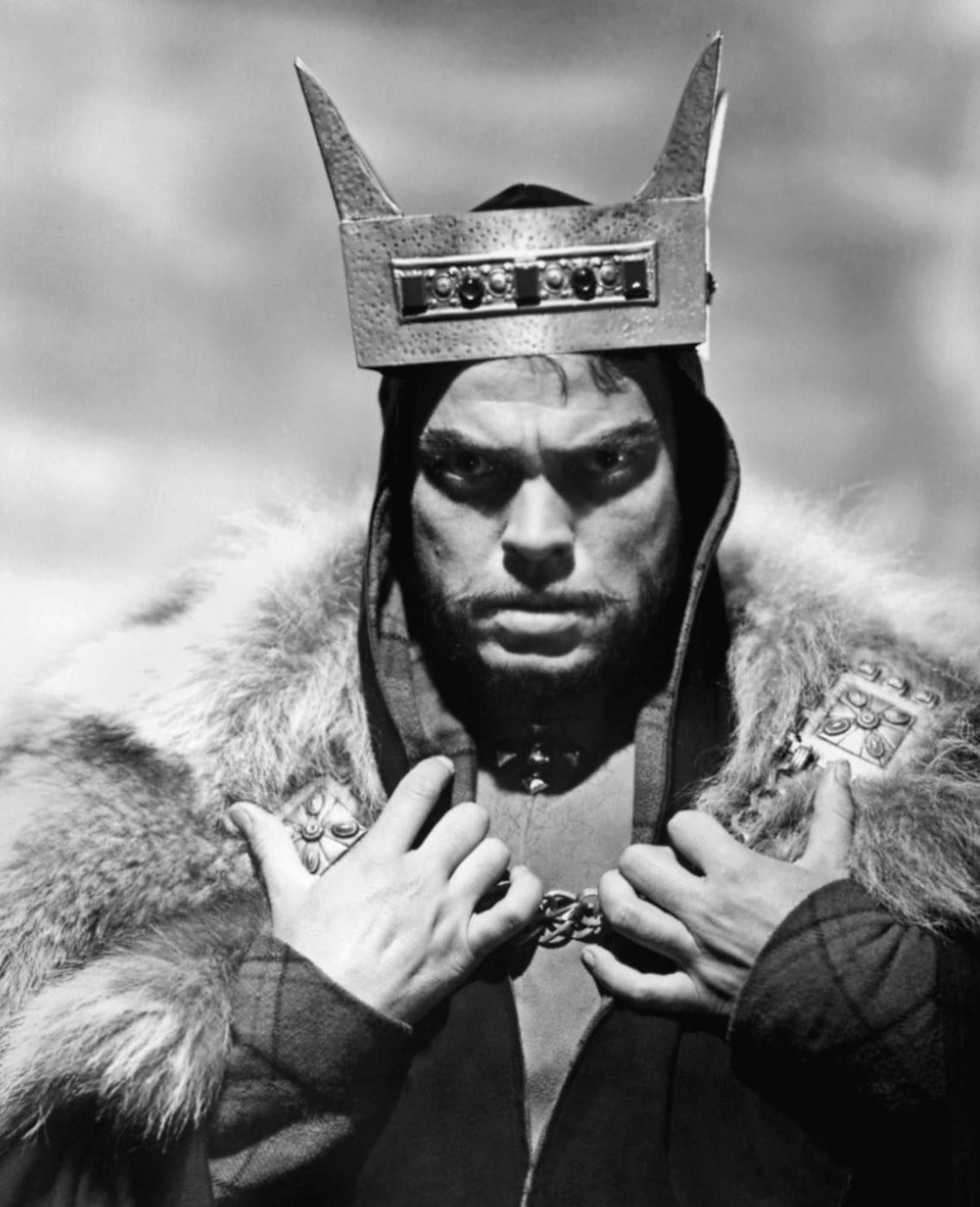
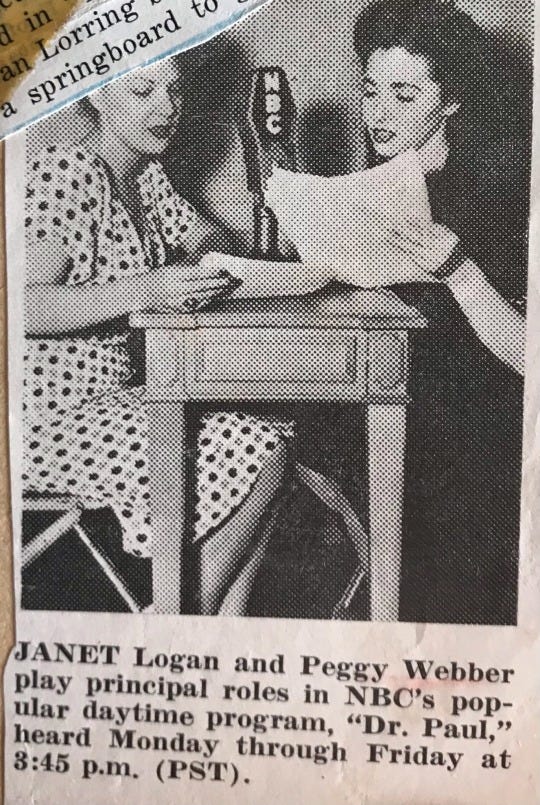
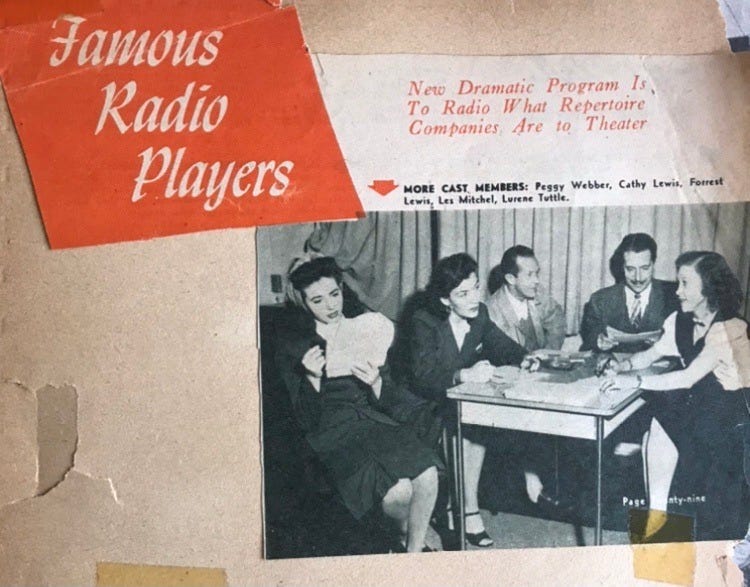
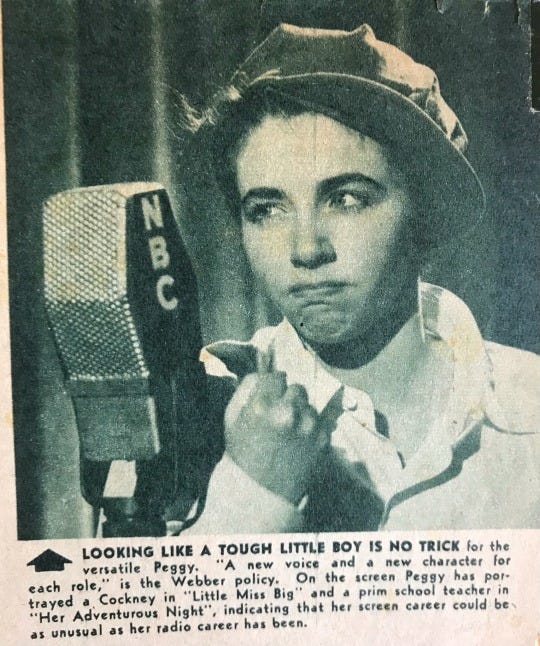
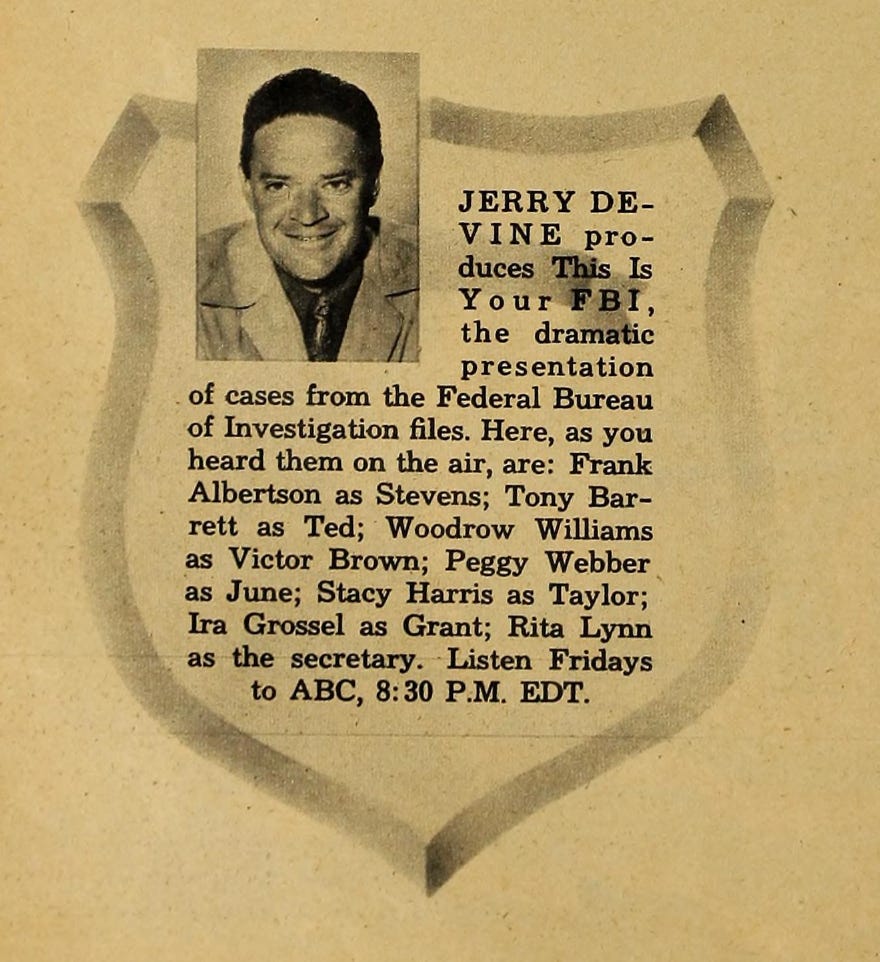
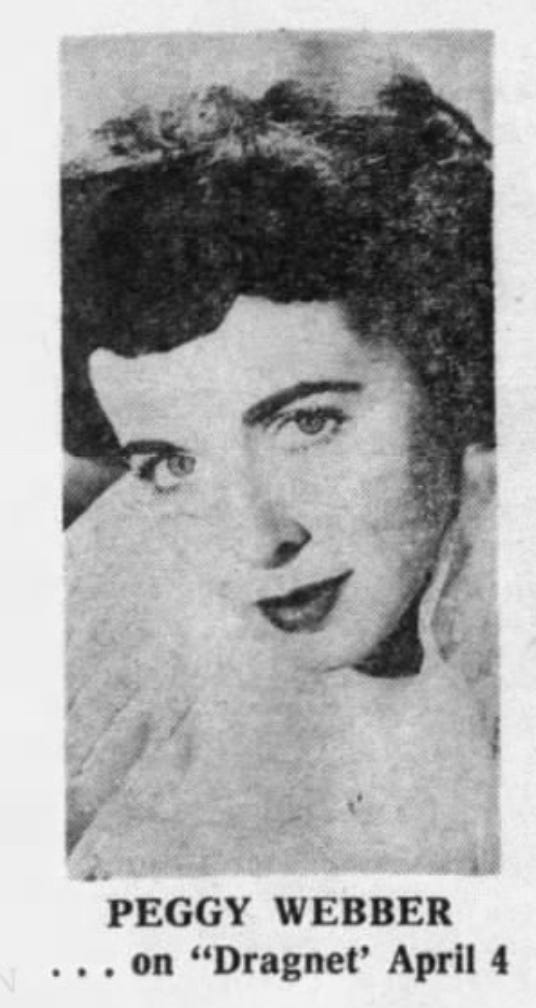
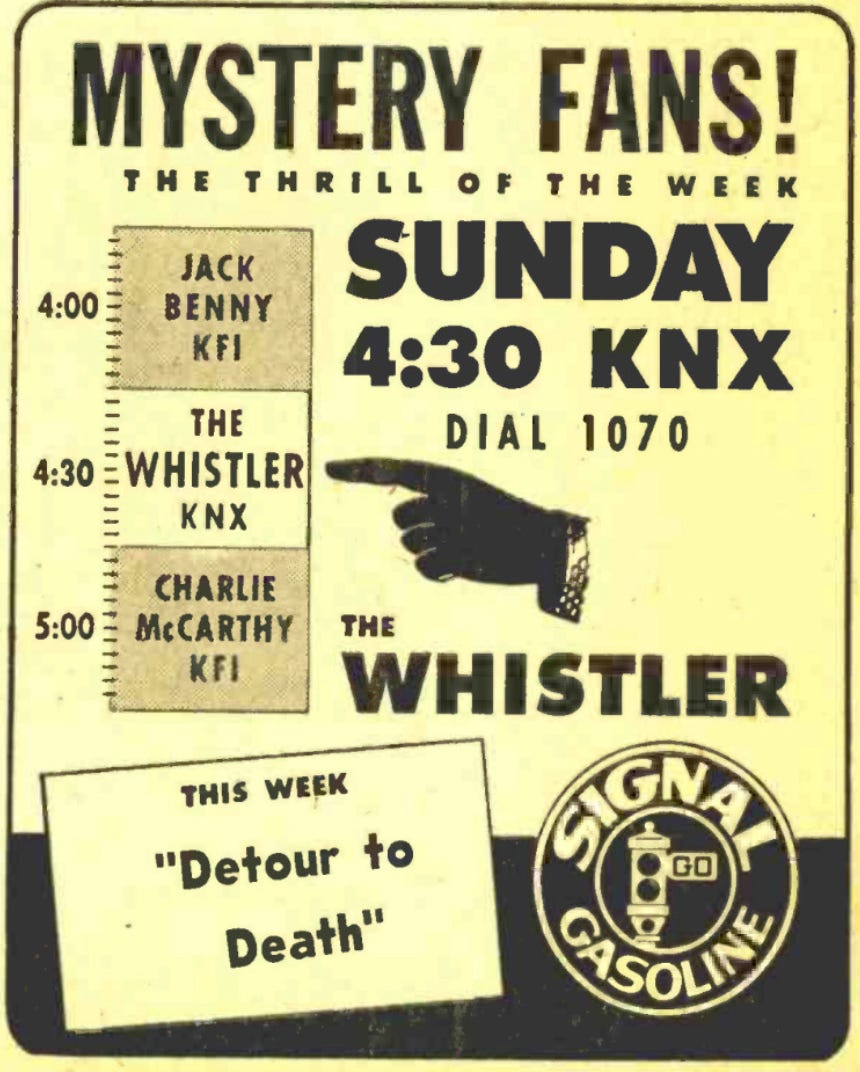
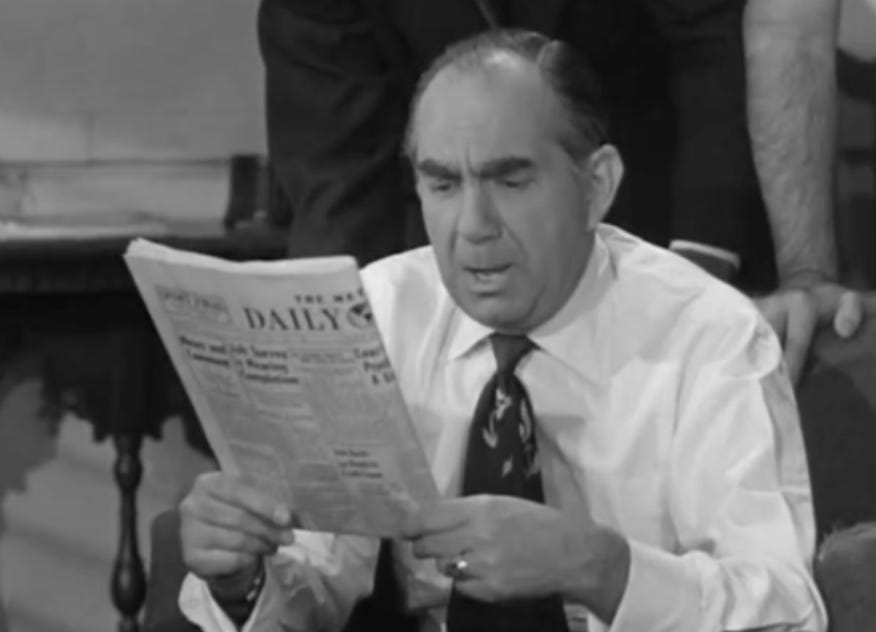
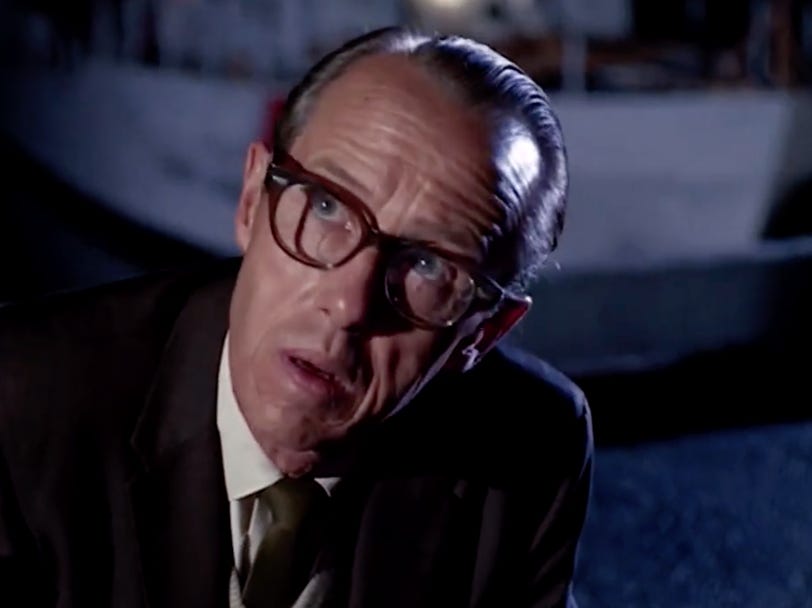
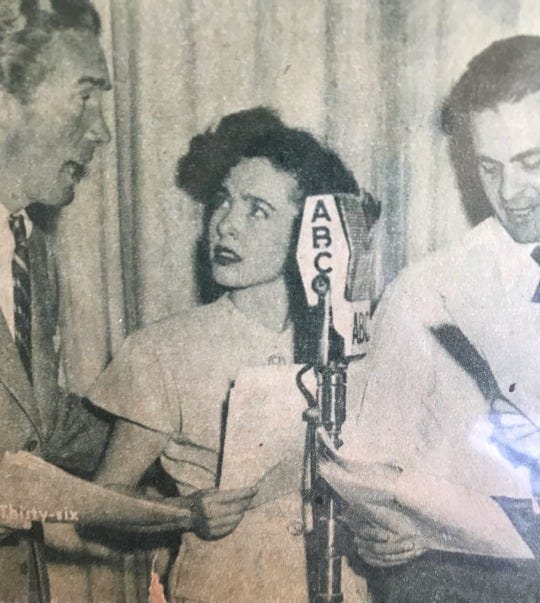
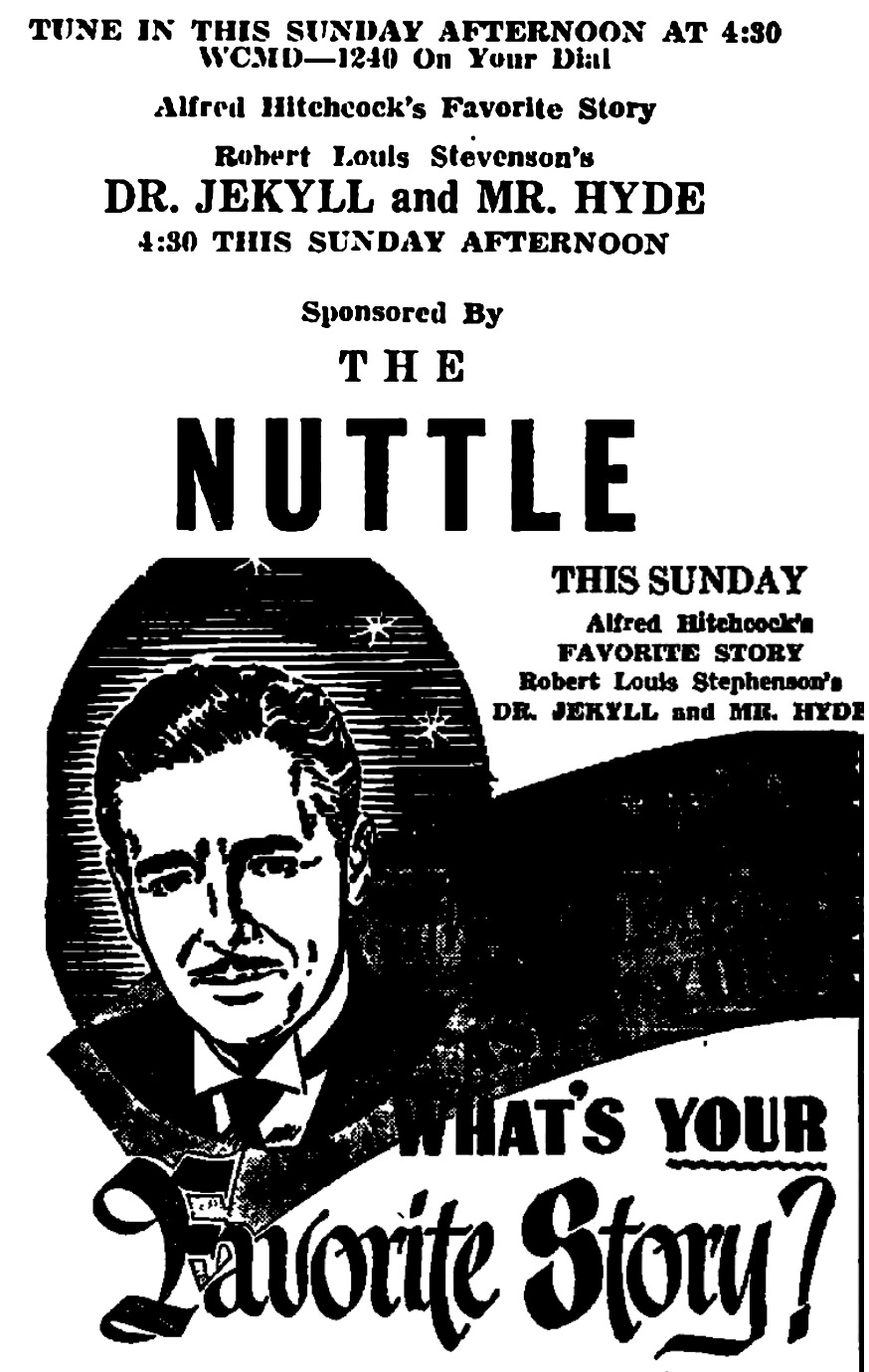
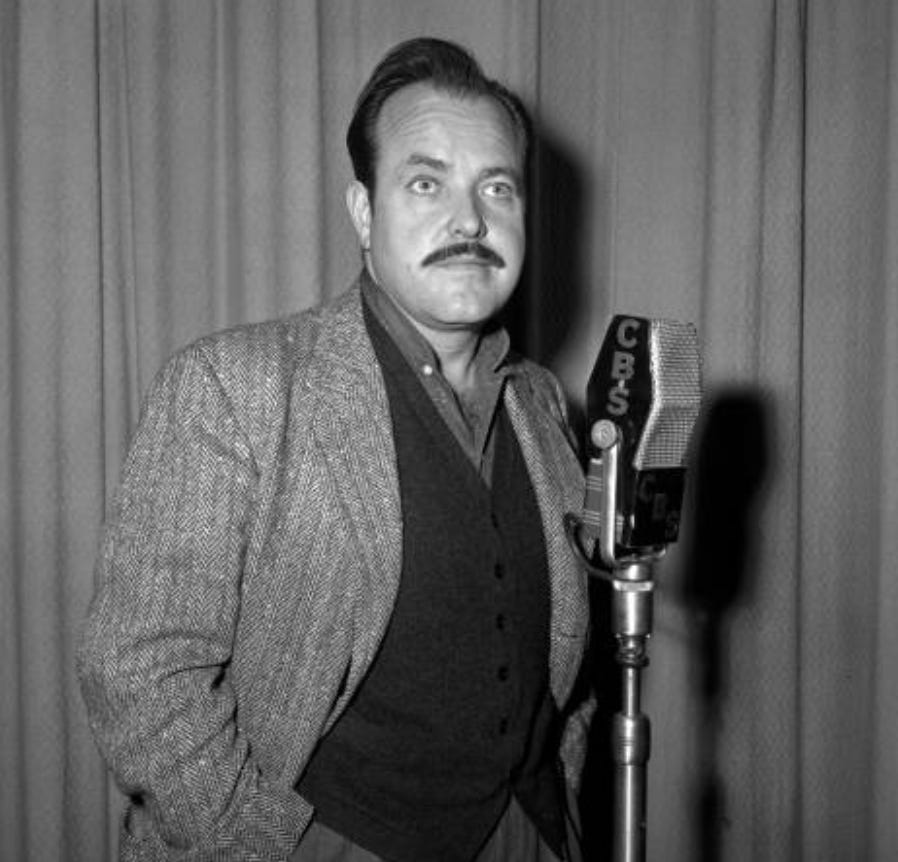
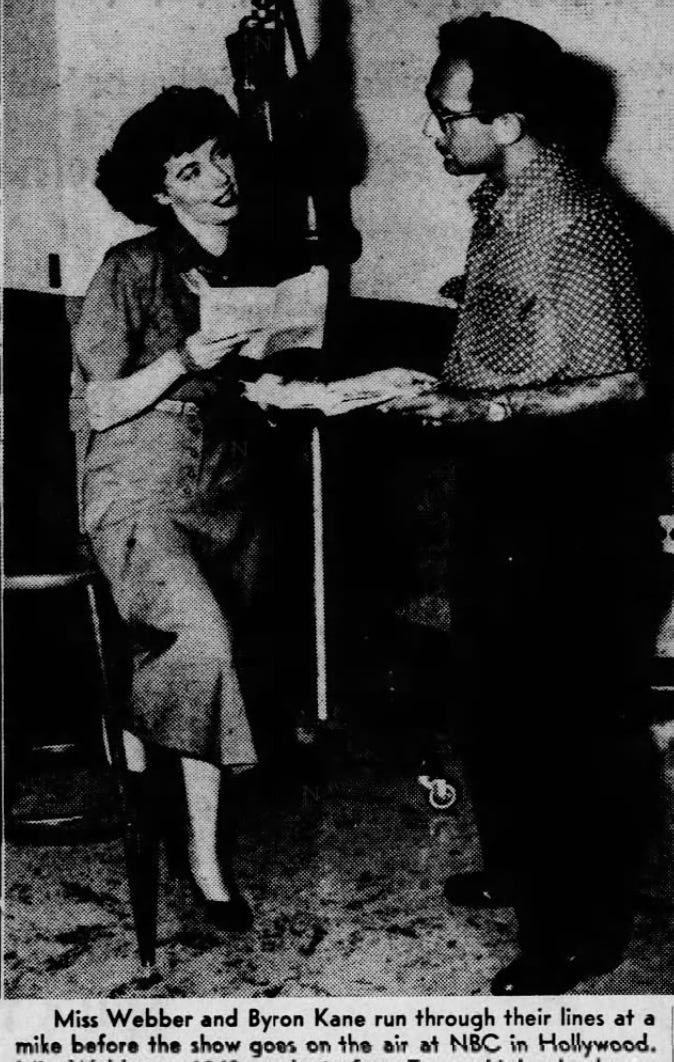
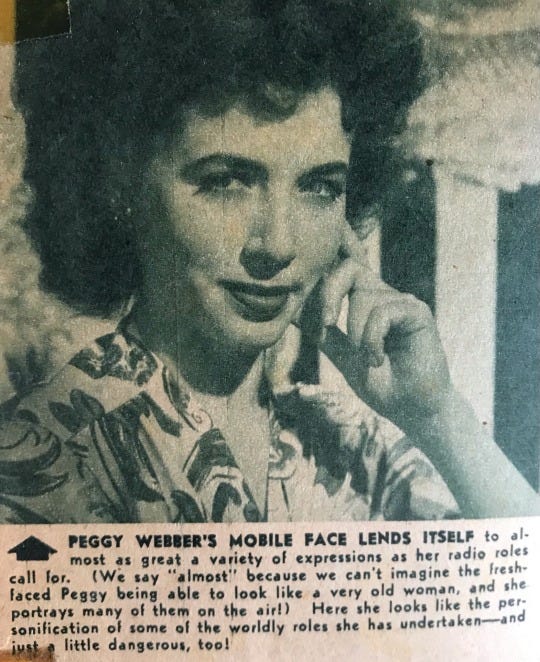
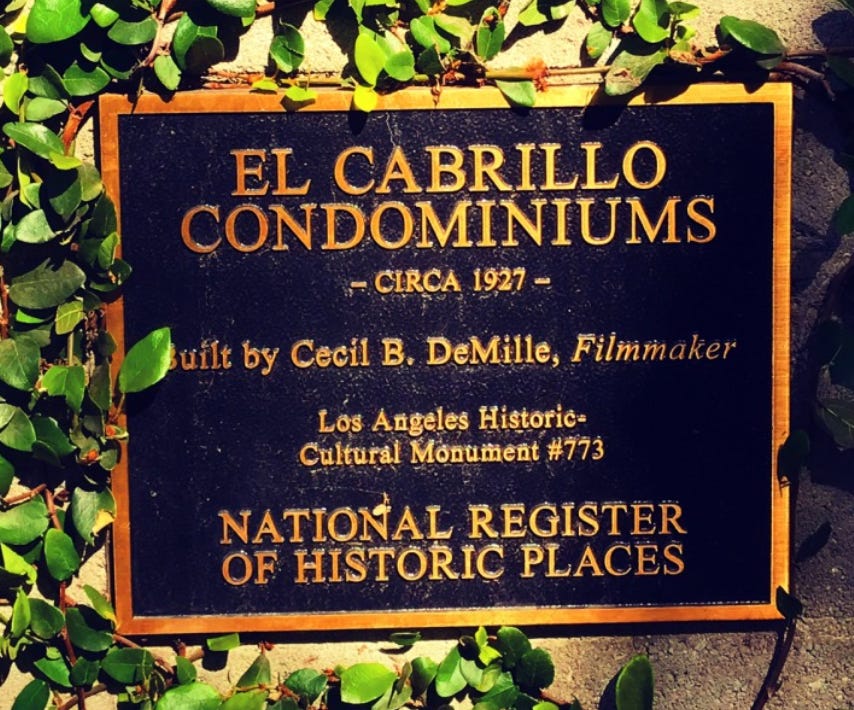
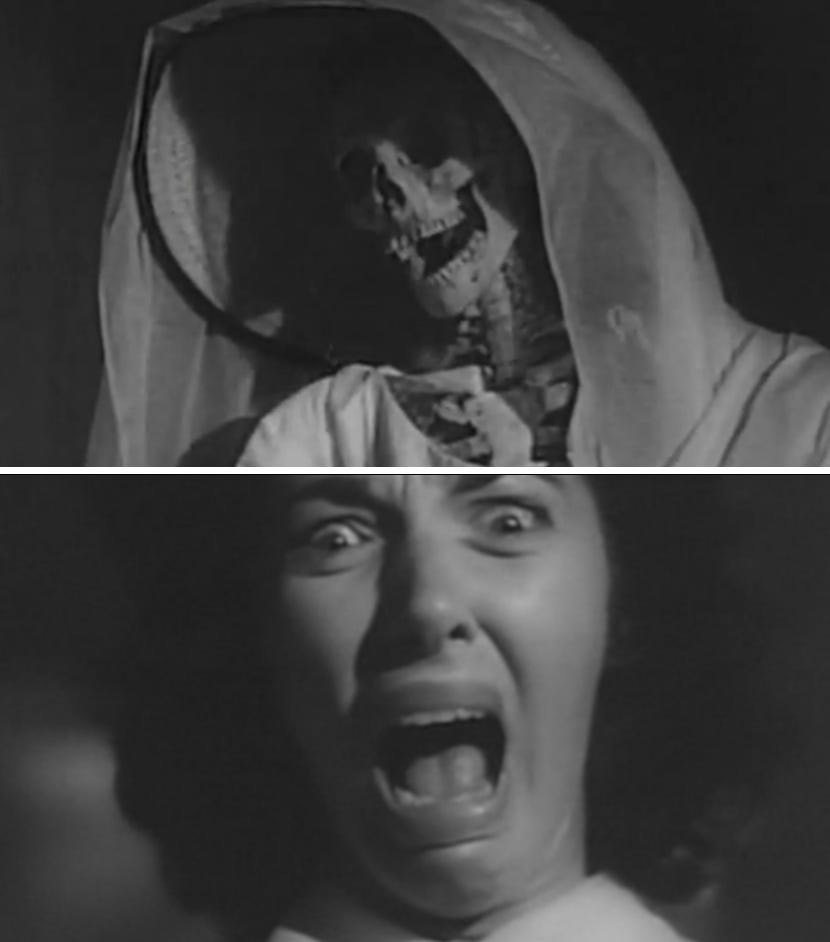
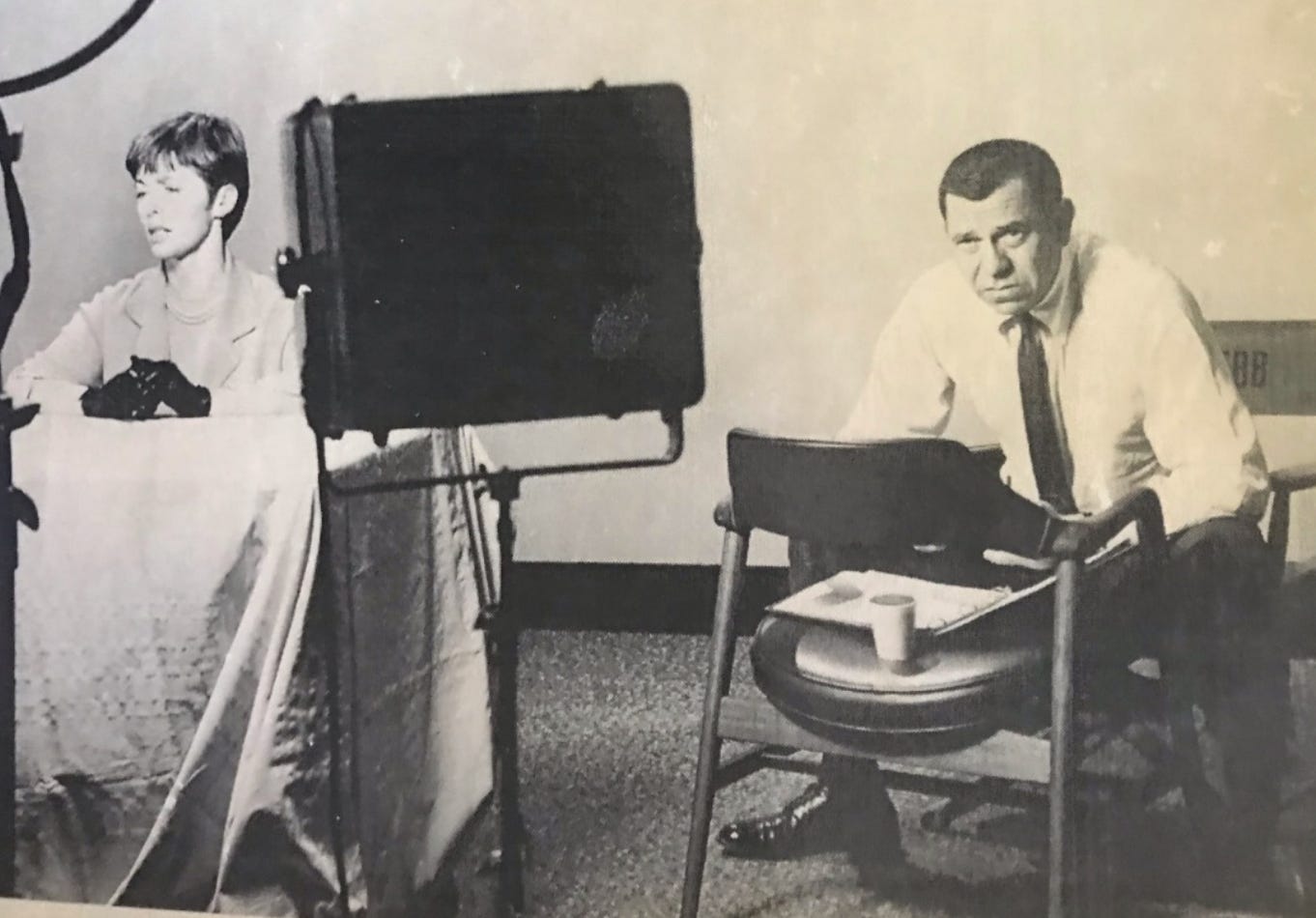
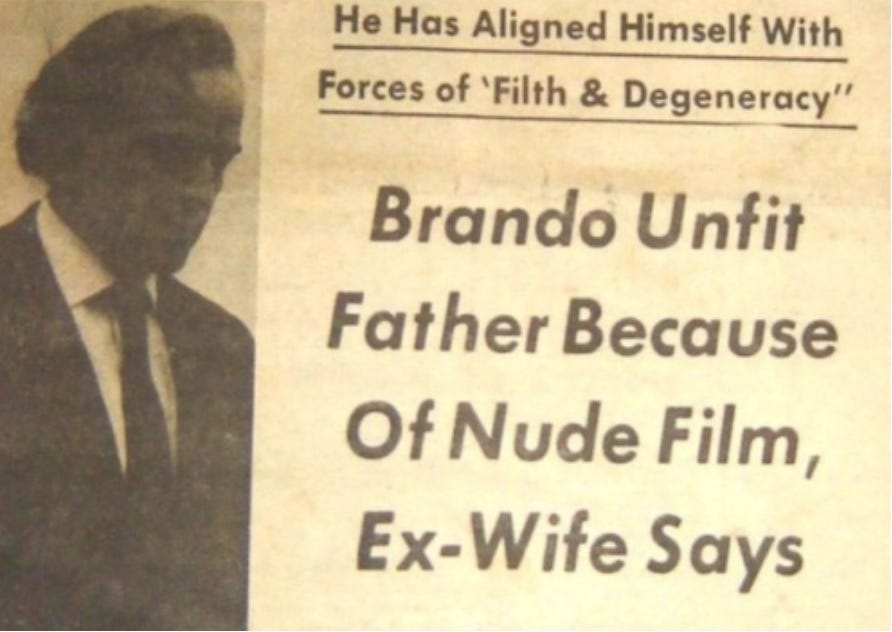
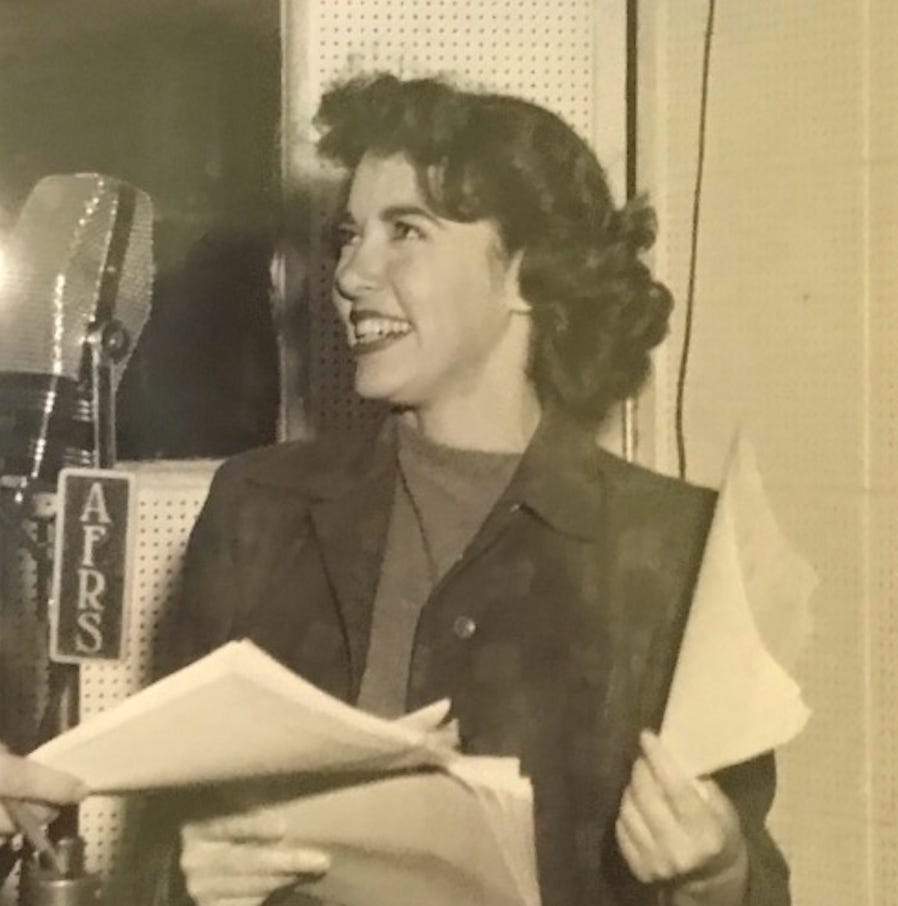
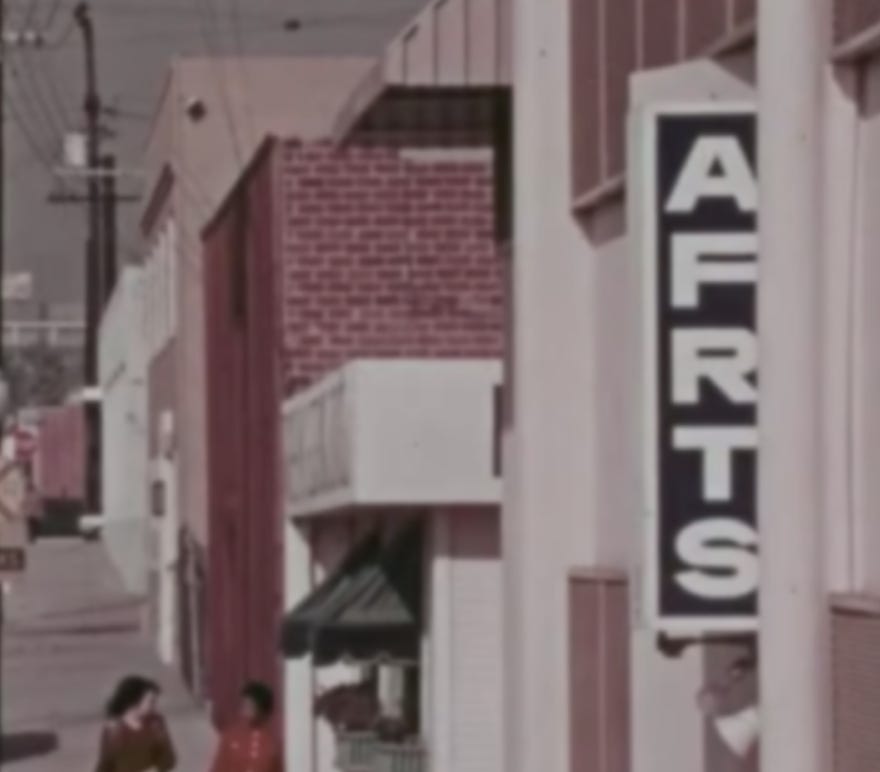
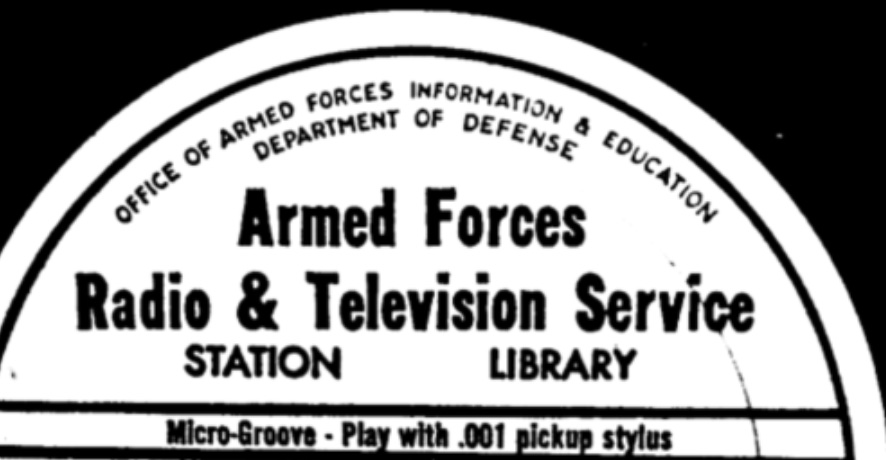
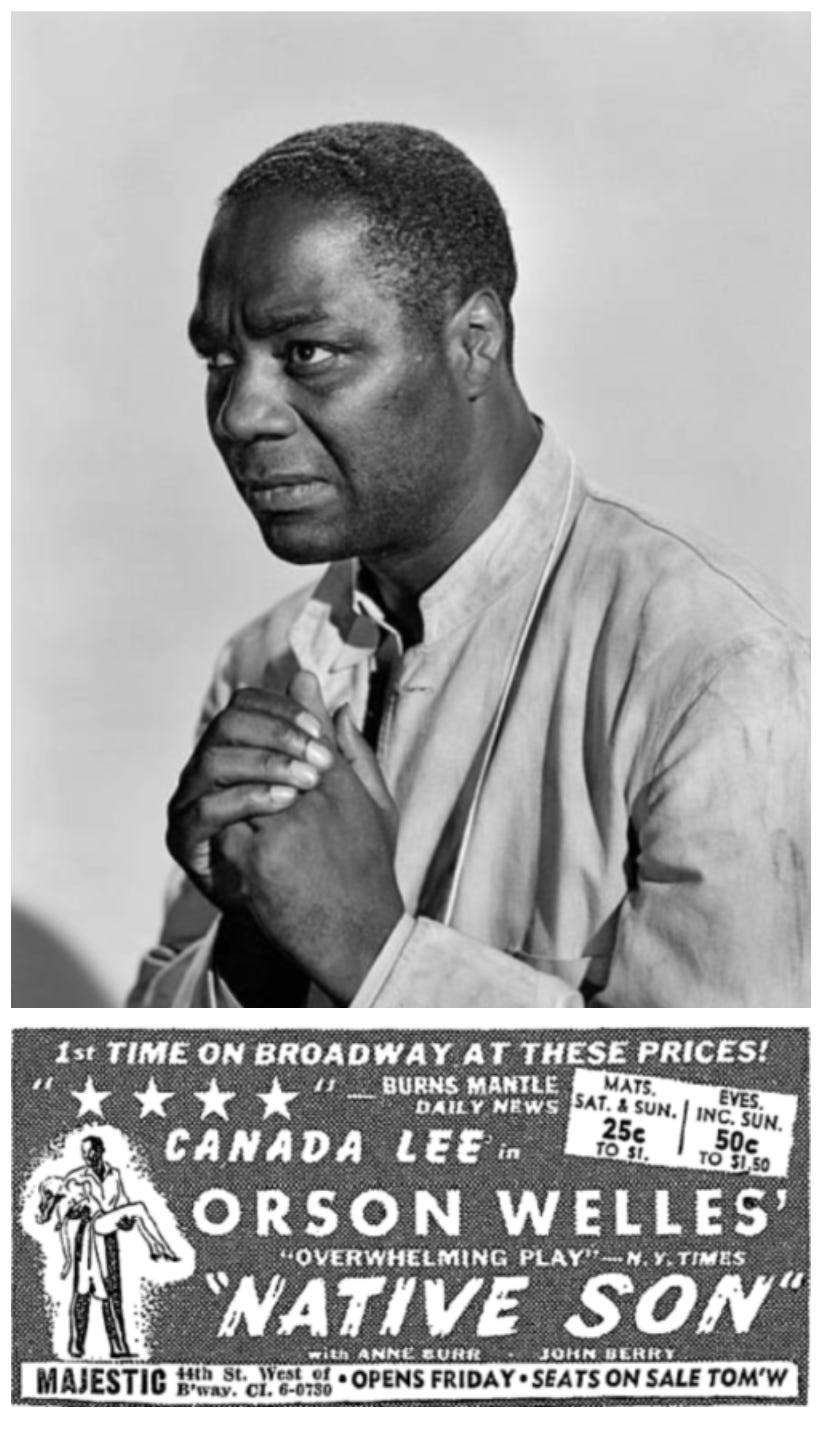
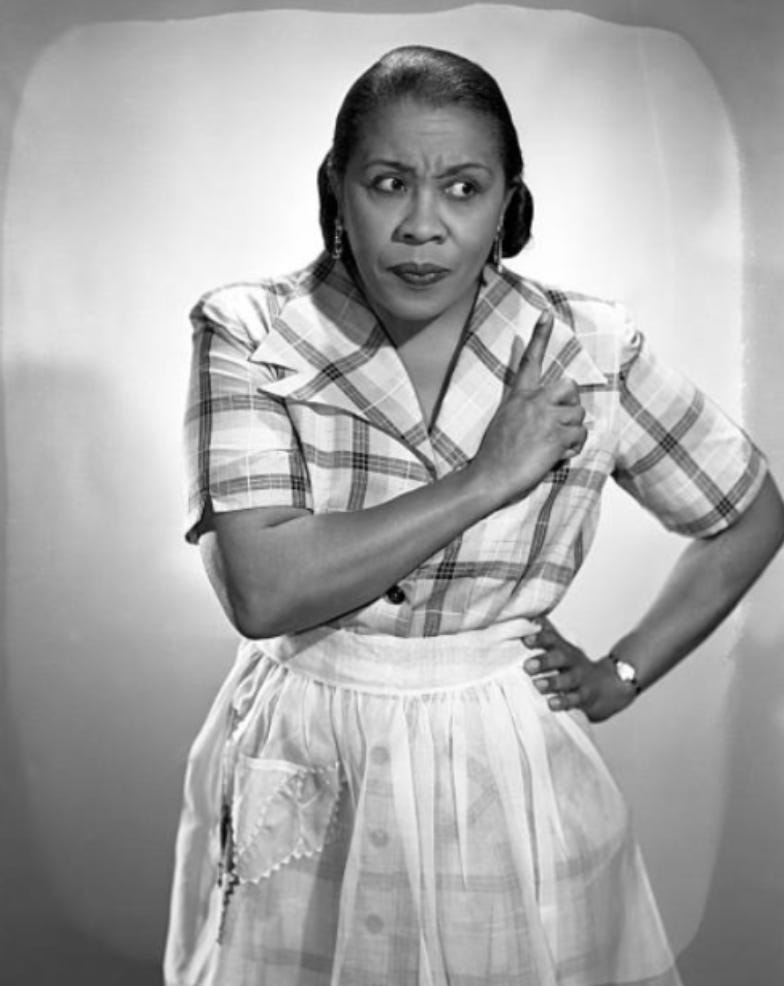
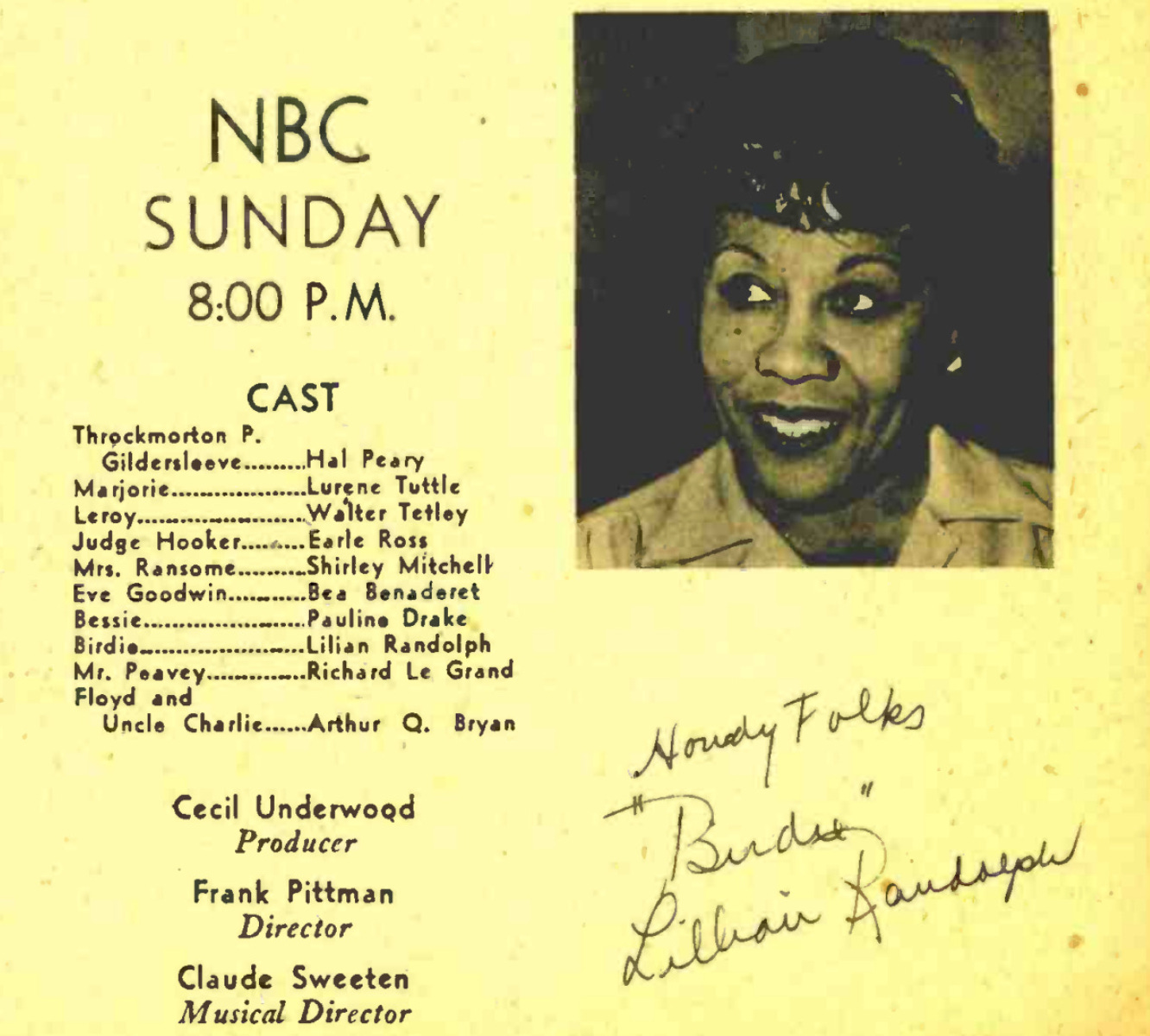
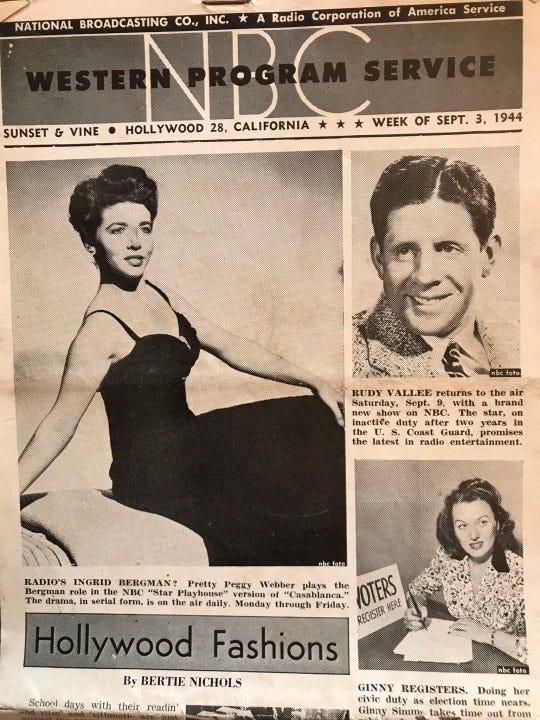
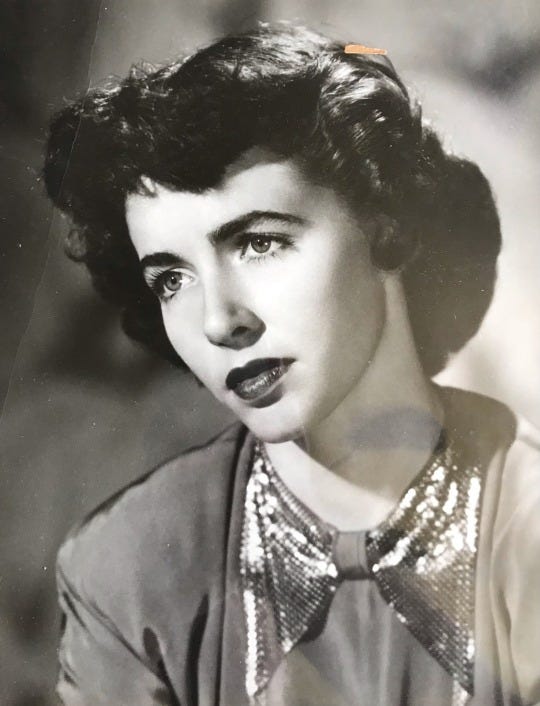
This has been wonderful! I am most familiar with Webber from Dragnet and always thought she was great in every appearance.